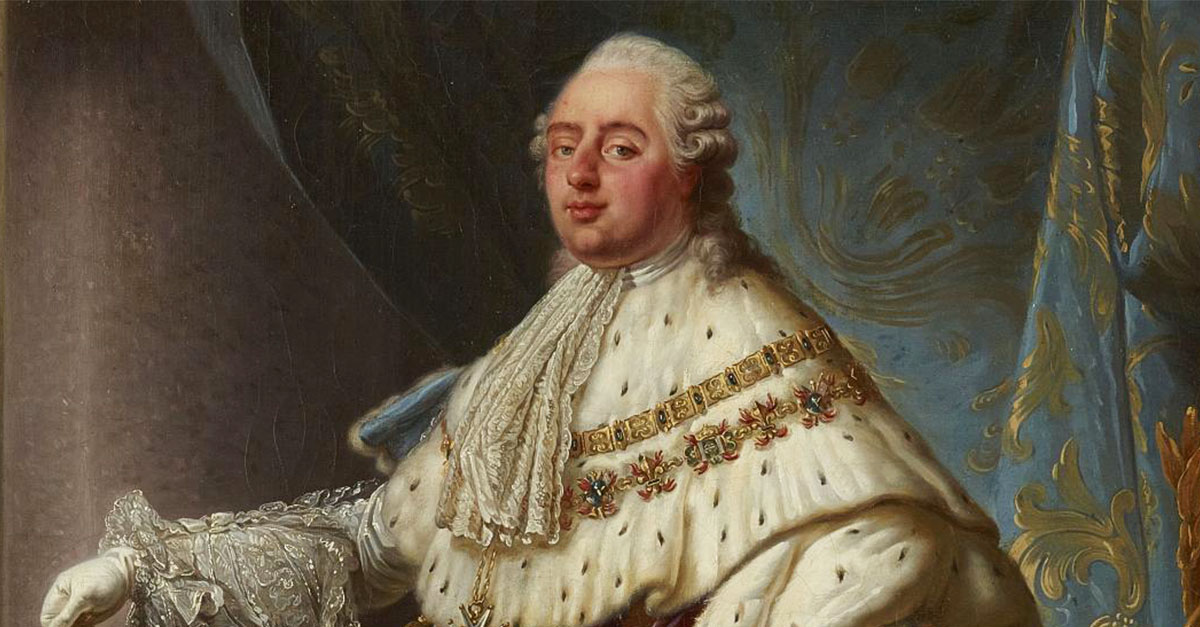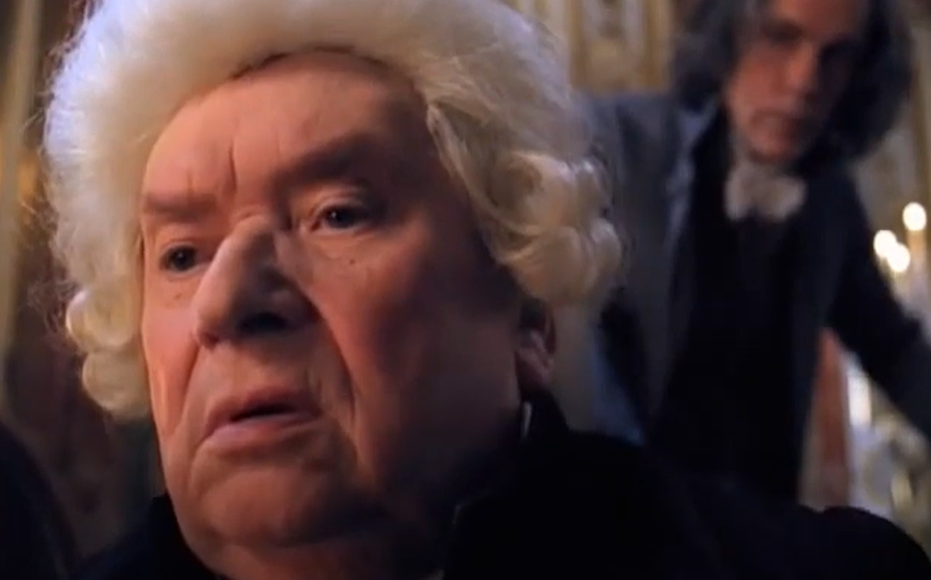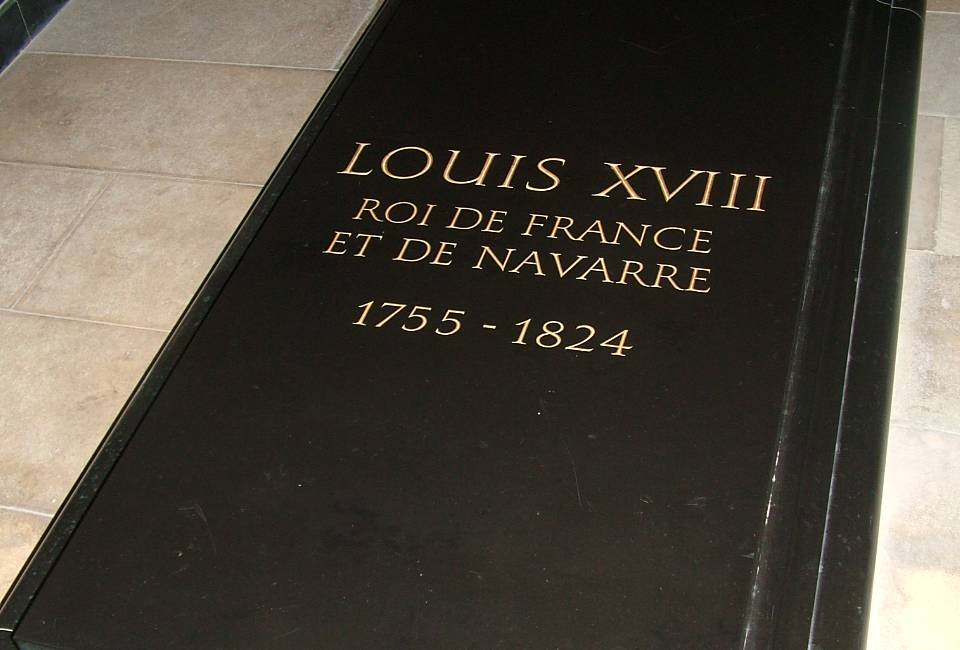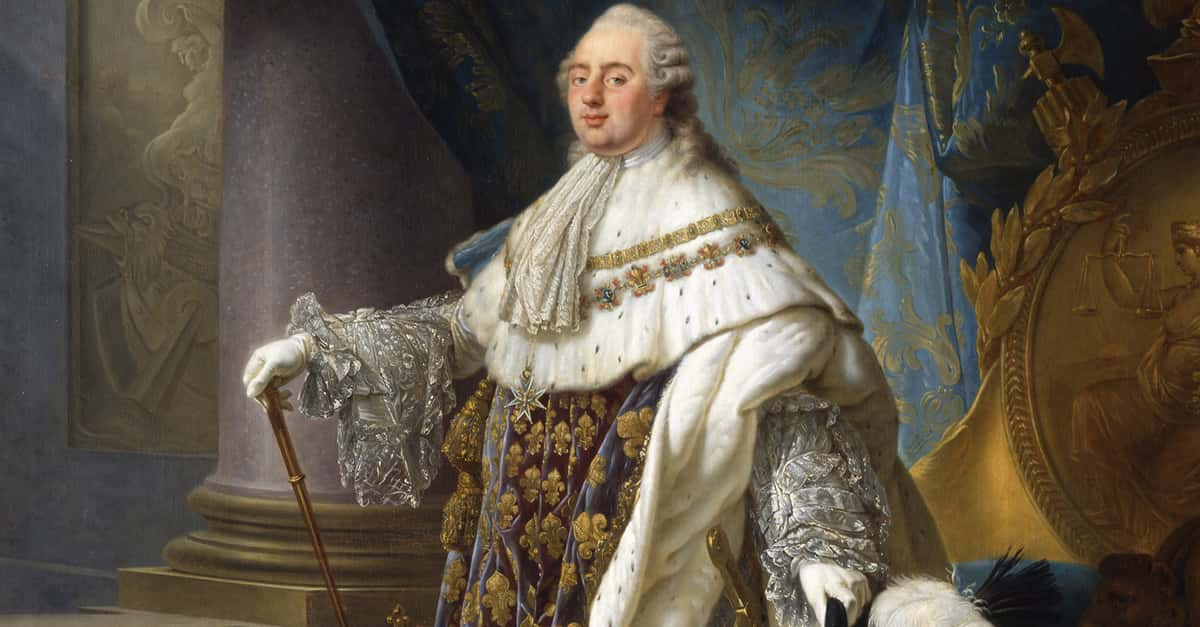Caught In The Crossroads Of Revolution And Monarchy
Louis XVIII was the king who ruled a nation that didn’t want him—twice. Exiled, restored, and walking the tightrope between revolution and monarchy, he survived in a world with little patience for old royals. But was he a cunning statesman or just lucky? Let’s dive into the reign of France’s reluctant comeback king.
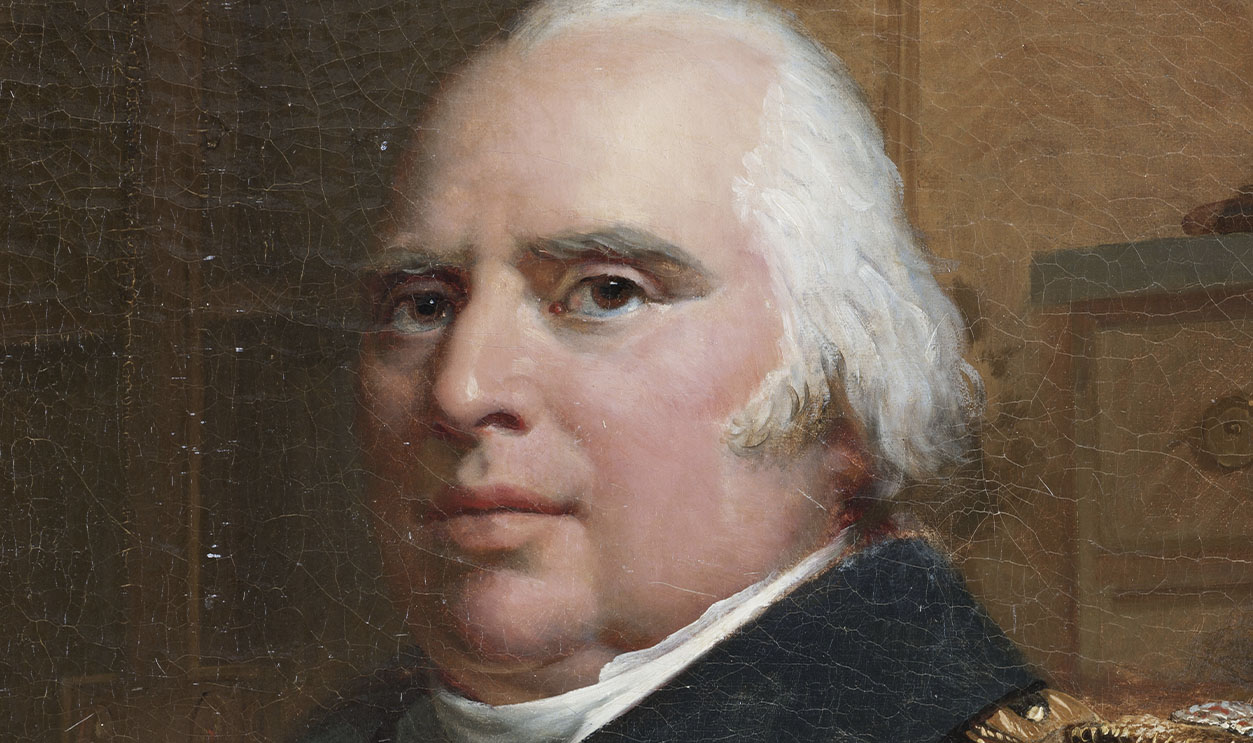
1. He Was Born Into Royal Opulence
Louis Stanislas Xavier of France entered the world on November 17, 1755, in the grandeur of the Palace of Versailles. Born to Dauphin Louis Ferdinand and Maria Josepha of Saxony, he was a prince with a future no one could have predicted. His older brother, Louis Auguste, was the future King Louis XVI, and his little brother, Charles Philippe, was the future King Charles X. Louis found himself standing in the shadow of kings—until history changed his fate.
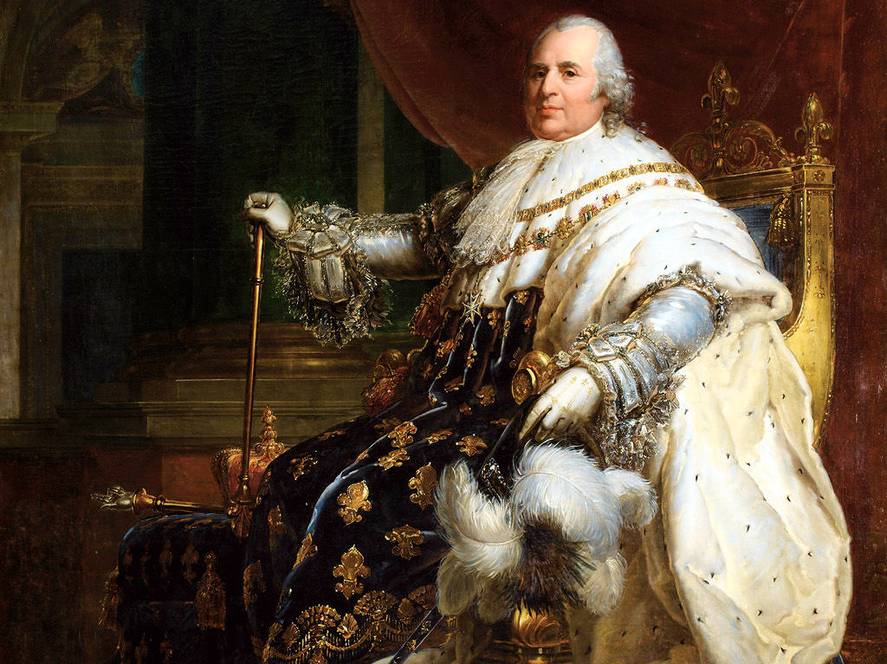 François Gérard, Wikimedia Commons
François Gérard, Wikimedia Commons
2. He Was Second In Line With The Titles To Prove It
As the younger brother of the future king, Louis XVIII was granted the title of Duke of Provence and enjoyed all the privileges of a Bourbon prince. Surrounded by the splendor of Versailles, he was groomed for a life of influence, navigating the rigid traditions of court while mastering the art of politics and power.
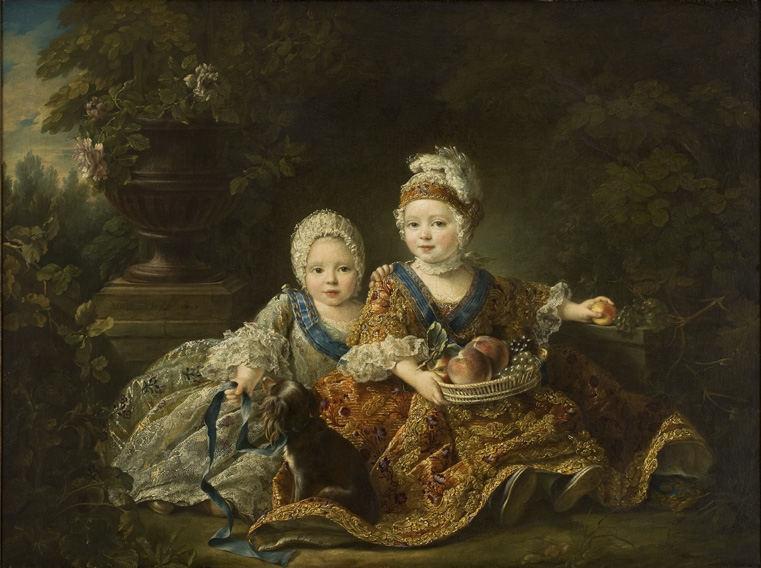 François-Hubert Drouais, Wikimedia Commons
François-Hubert Drouais, Wikimedia Commons
3. His Upbringing Was Fit For A Prince
Raised in the lavish world of Versailles, Louis enjoyed every privilege of a Bourbon prince. Surrounded by tutors, courtiers, and great thinkers, he absorbed lessons in politics, philosophy, and history—knowledge that would serve him well in the turbulent years to come.
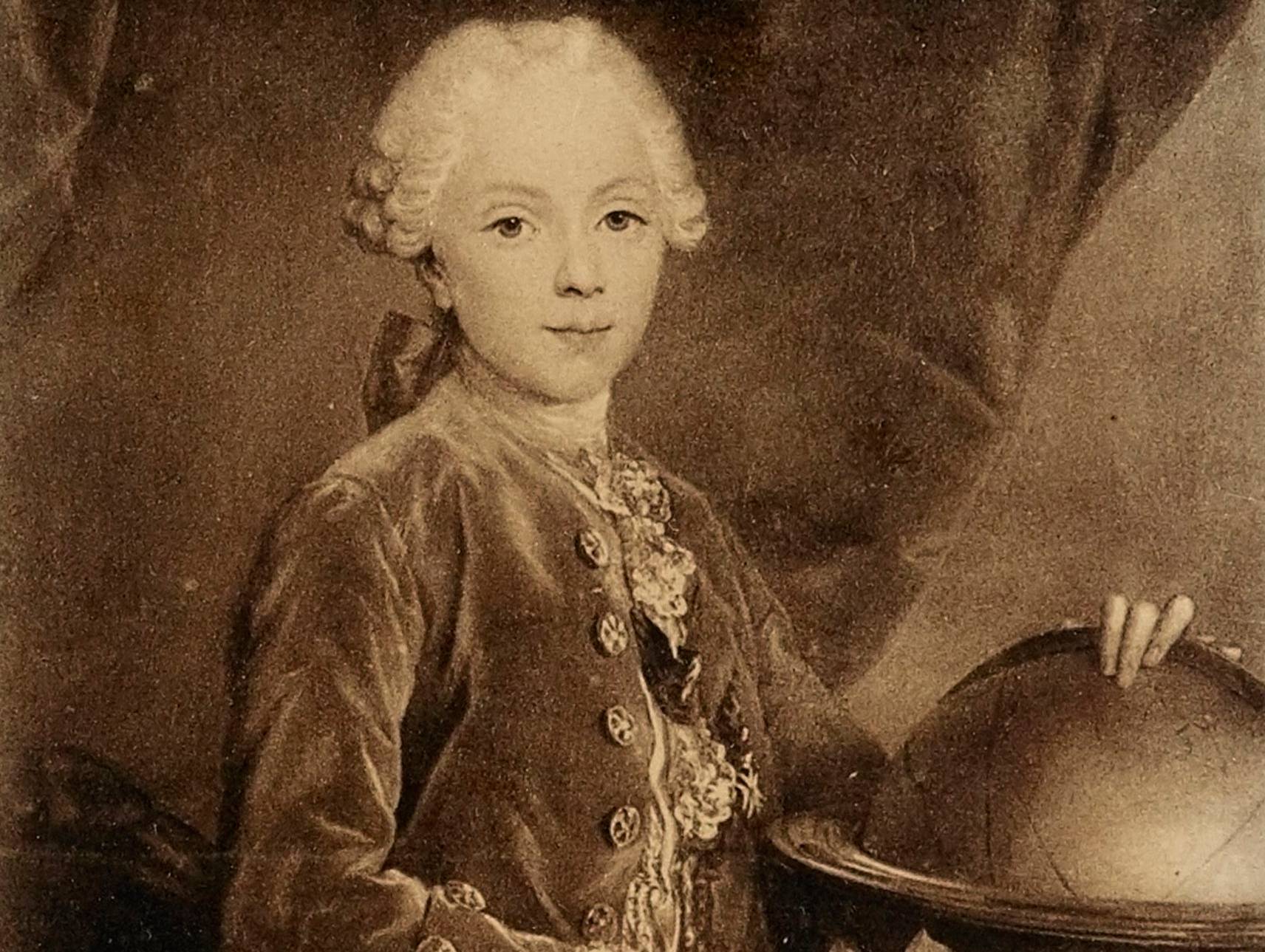 François-Hubert Drouais, Wikimedia Commons
François-Hubert Drouais, Wikimedia Commons
4. He Was A Smarty Pants
Unlike his reserved brother Louis XVI, Louis XVIII was brimming with wit, charm, and self-assurance. A voracious reader, he eagerly consumed works on government, science, and the classics—knowledge that would shape his vision of kingship.
 Louis-Michel van Loo, Wikimedia Commons
Louis-Michel van Loo, Wikimedia Commons
5. He Was His Brother's Rival
As he grew older, Louis XVIII took great pride in his political acumen, often clashing with his brother over governance matters. While his brother was cautious and hesitant, Louis was bold and self-assured, convinced of his superior wisdom. But as revolution loomed, his Bourbon lineage became less a mark of prestige and more a dangerous burden.
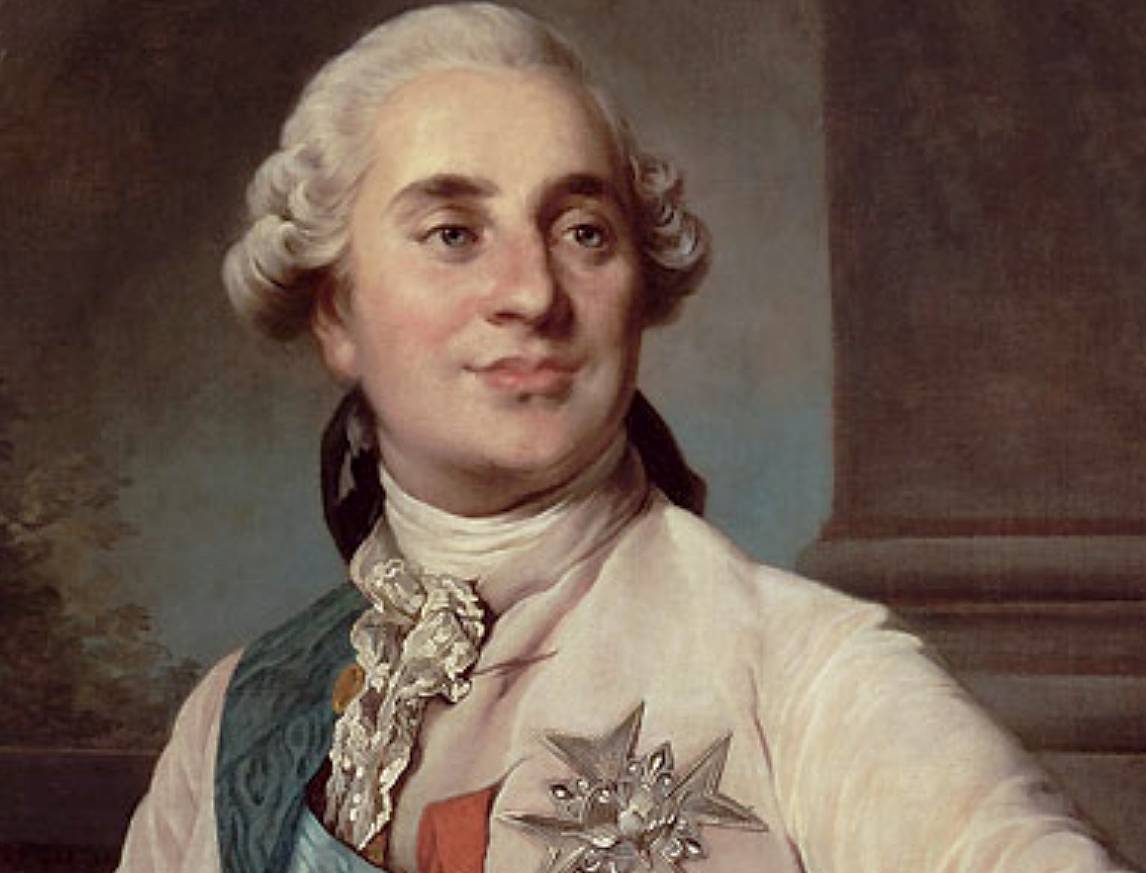 Joseph-Siffred Duplessis, Wikimedia Commons
Joseph-Siffred Duplessis, Wikimedia Commons
6. He Was A Court Dynamo
Louis XVIII’s sharp mind and deep knowledge of state affairs made him a natural participant in court politics from a young age. He often engaged in debates about governance and reform, positioning himself as a thinker ahead of his time. Yet, for all his intellect, he remained in his brother's shadow—until history forced him into the spotlight. As France moved toward crisis, his intelligence would secure his future or entangle him in the coming storm.
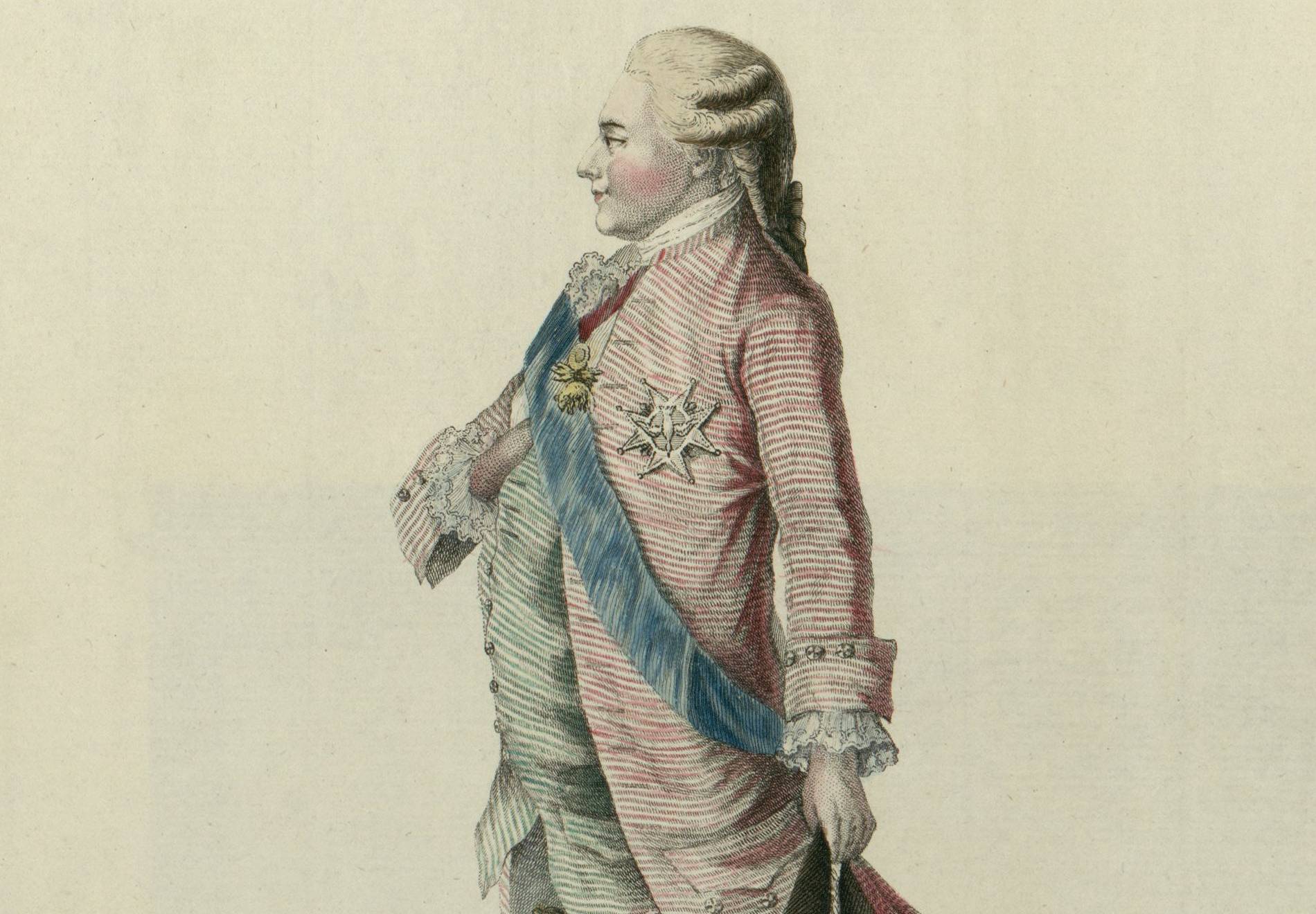 After Pierre Thomas Le Clerc, Wikimedia Commons
After Pierre Thomas Le Clerc, Wikimedia Commons
7. He Made A Political Union
In 1771, Louis XVIII married Marie Joséphine of Savoy, a union strengthening ties between France and her powerful Italian ally. But what worked on paper failed in practice. Marie Joséphine struggled with Versailles' rigid etiquette, while Louis showed little interest in his wife. Cold and distant, their marriage added another layer of complication to Louis' already tangled royal life.
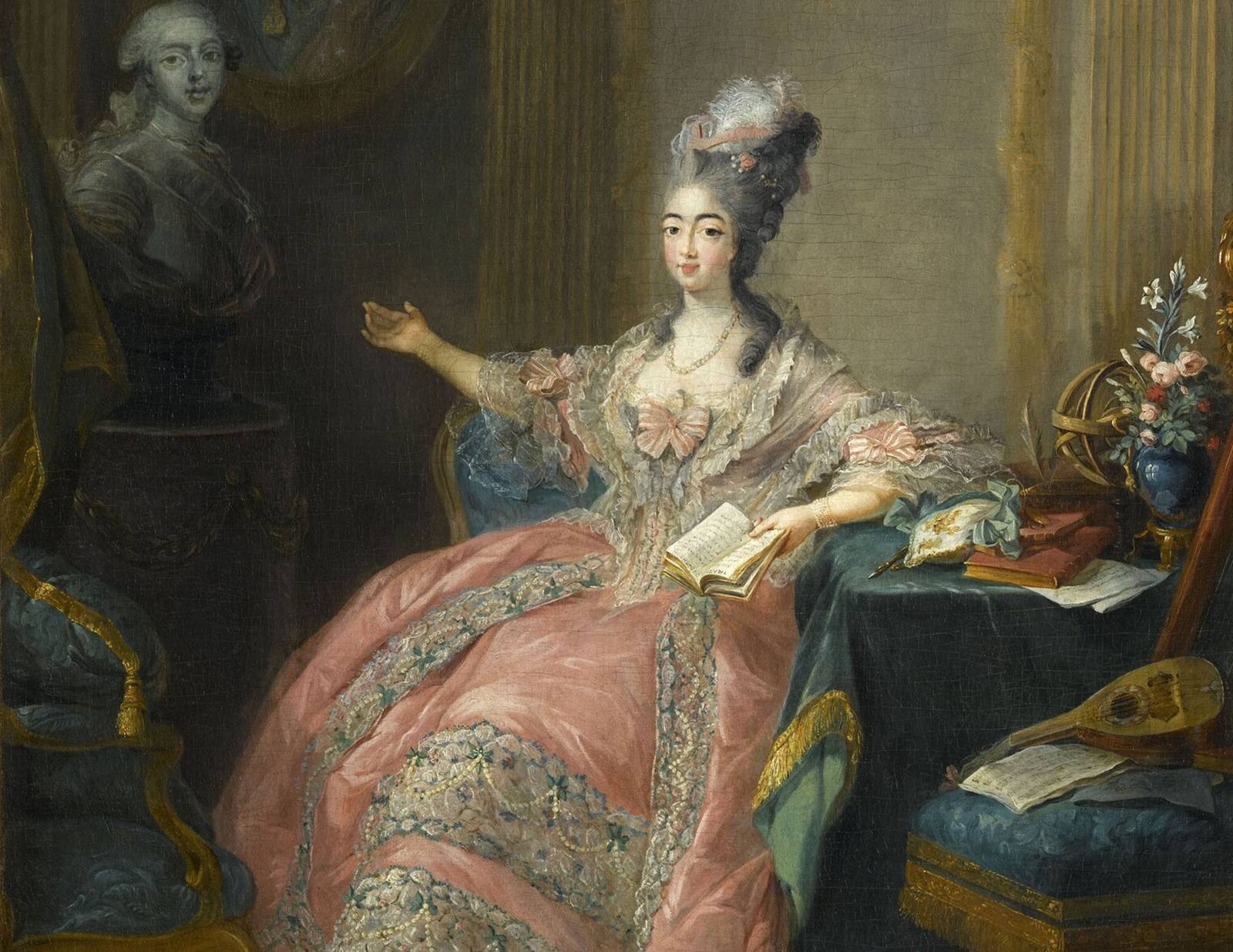 Jean-Baptiste André Gautier-Dagoty, Wikimedia Commons
Jean-Baptiste André Gautier-Dagoty, Wikimedia Commons
8. His Marriage Was Troubled
Despite growing pressure to produce an heir, Louis XVIII and Marie Joséphine remained childless, stirring court gossip and political speculation. She withdrew into isolation as he sought companionship elsewhere, earning an eccentric reputation. Their strained marriage mirrored the deeper fractures within the Bourbon family. Soon, Louis realized that personal struggles no longer mattered—the fight for survival was on the horizon.
 Adélaïde Labille-Guiard, Wikimedia Commons
Adélaïde Labille-Guiard, Wikimedia Commons

History's most fascinating stories and darkest secrets, delivered to your inbox daily.
9. He Was An Ambitious Little Brother
As the younger brother of Louis XVI, Louis XVIII navigated a delicate balance at court, torn between loyalty and ambition. He often positioned himself as the intellectual, offering unsolicited advice to the King and subtly presenting himself as the sharper mind. While his confidence and cleverness earned him a circle of allies, they also sparked suspicion and unease within the royal family. One particular member of the family was a thorn in his side.
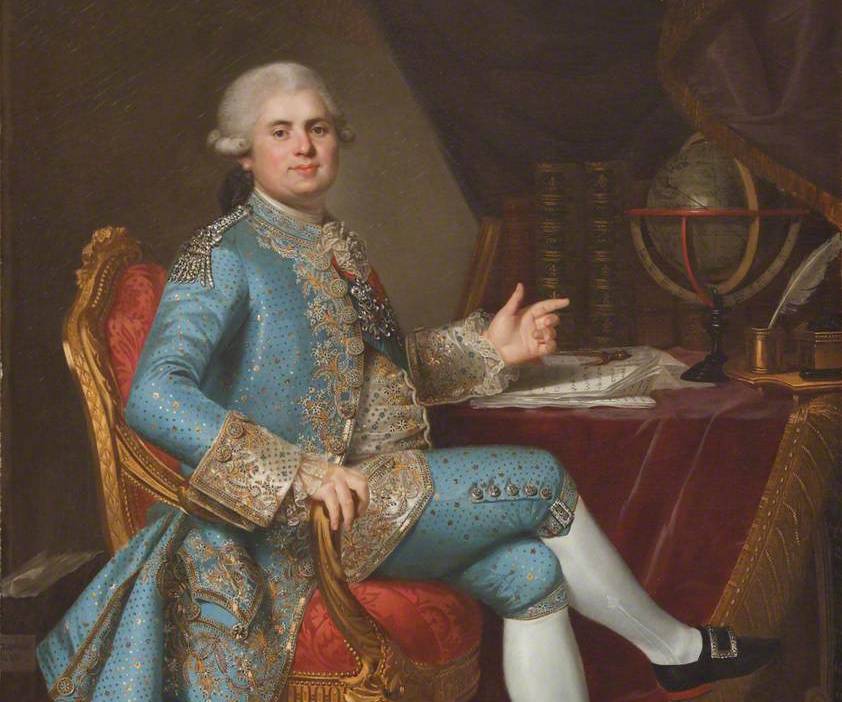 Joseph Boze, Wikimedia Commons
Joseph Boze, Wikimedia Commons
10. He Didn’t Like His Sister-In-Law
Marie Antoinette saw him as meddlesome; Louis XVIII saw her as frivolous and reckless. He criticized her extravagance and influence over the King while she undermined his political ambitions, deepening their bitter rivalry. But as the revolution gathered steam, personal feuds would soon be overshadowed by a far more pressing danger.
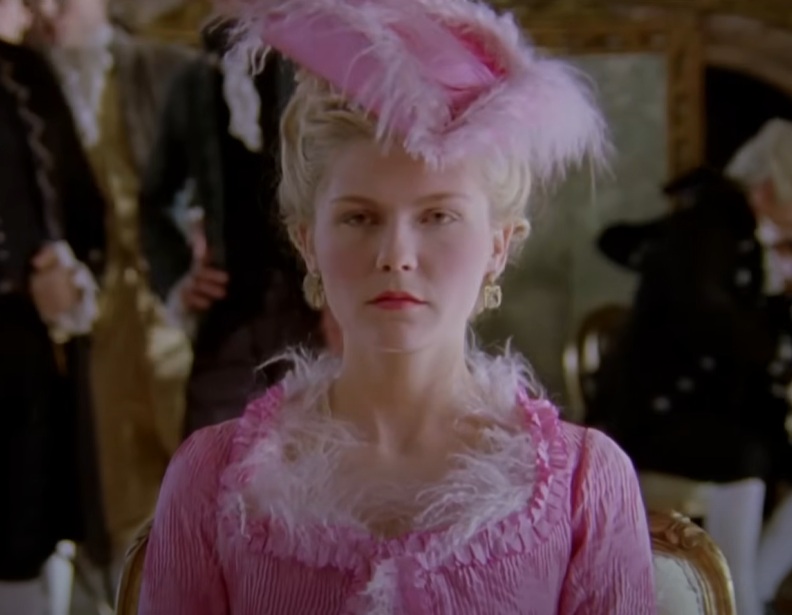 Columbia, Marie Antoinette (2006)
Columbia, Marie Antoinette (2006)
11. He Was Full Of Ideas
Unlike many in the Bourbon court, Louis XVIII embraced the intellectual currents of the Enlightenment. He admired philosophers like Voltaire and Montesquieu, believing monarchy could coexist with rational governance. His views made him seem more progressive than his brother Louis XVI, who struggled to navigate the growing calls for change. His dalliances with progressive ideals would soon be called onto the public stage.
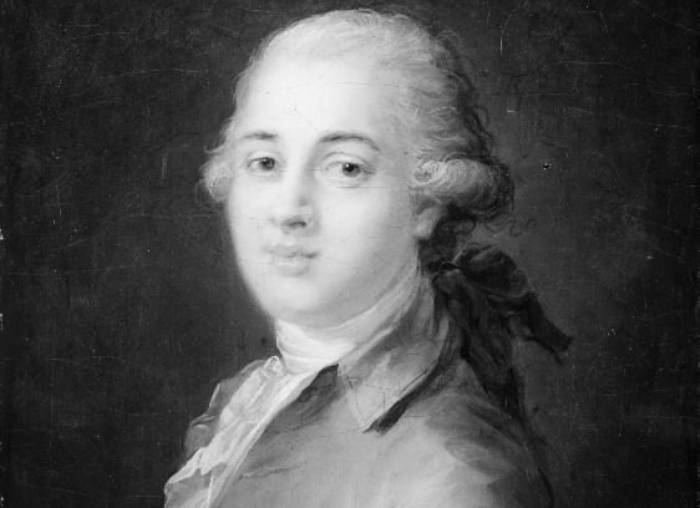 Joseph-Siffred Duplessis, Wikimedia Commons
Joseph-Siffred Duplessis, Wikimedia Commons
12. His Words And Actions Were At Odds
Despite his intellectual leanings, Louis XVIII’s commitment to reform was mainly theoretical—he enjoyed debating ideas but resisted real political change. He presented himself as a moderate voice yet remained deeply attached to Bourbon privilege and absolute rule. As France edged toward revolution, his stance became increasingly cautious. Soon, the time for debate would end, and survival would take precedence.
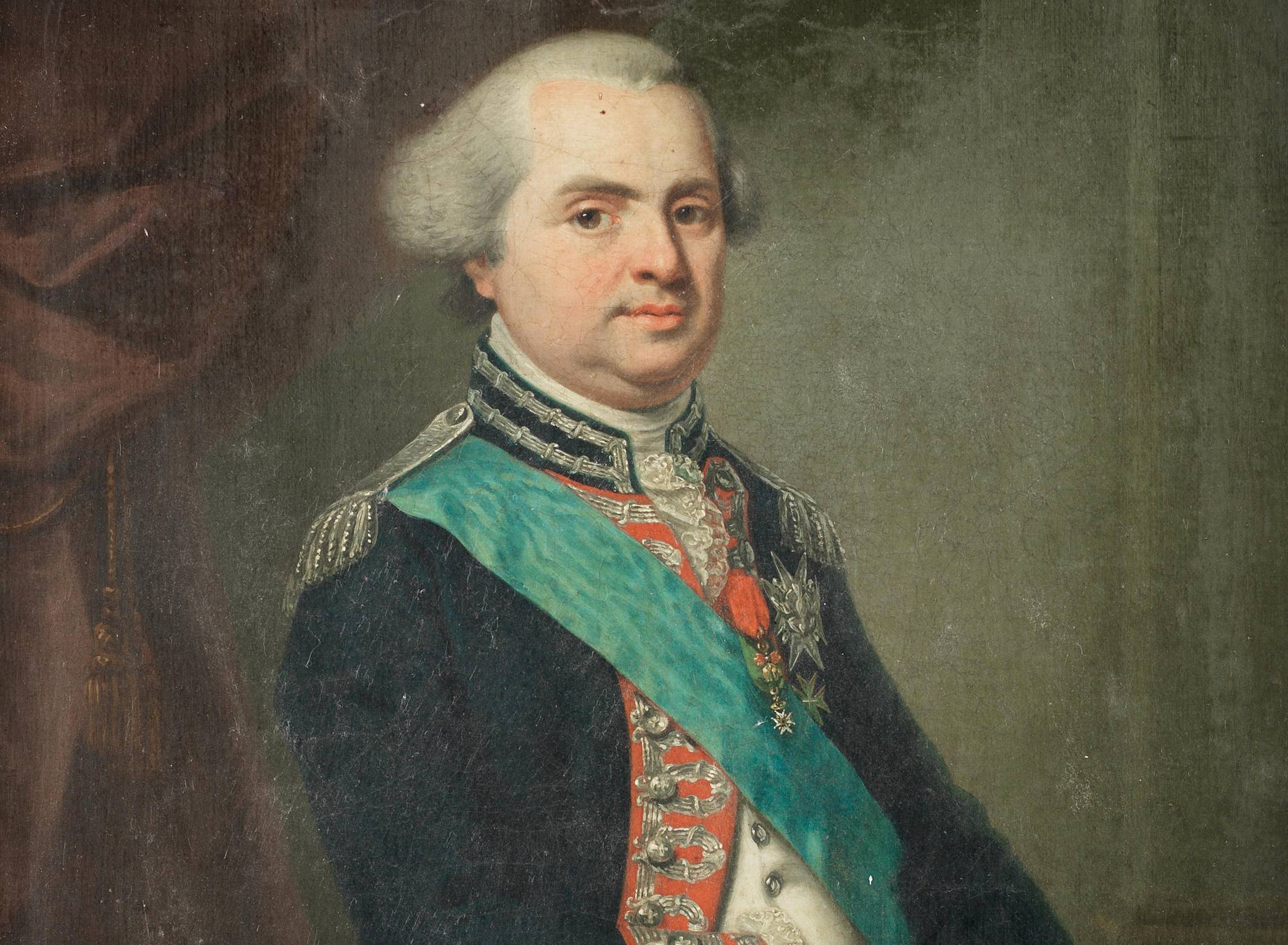 Unknown Author, Wikimedia Commons
Unknown Author, Wikimedia Commons
13. He Got A Wake-Up Call
On July 14, 1789, the storming of the Bastille marked the beginning of the French Revolution and sent shockwaves through the monarchy. Once dismissive of the unrest, Louis XVIII saw how this turmoil was a serious threat to royal power. As Paris descended into chaos, he urged his brother to act decisively, but the King hesitated.
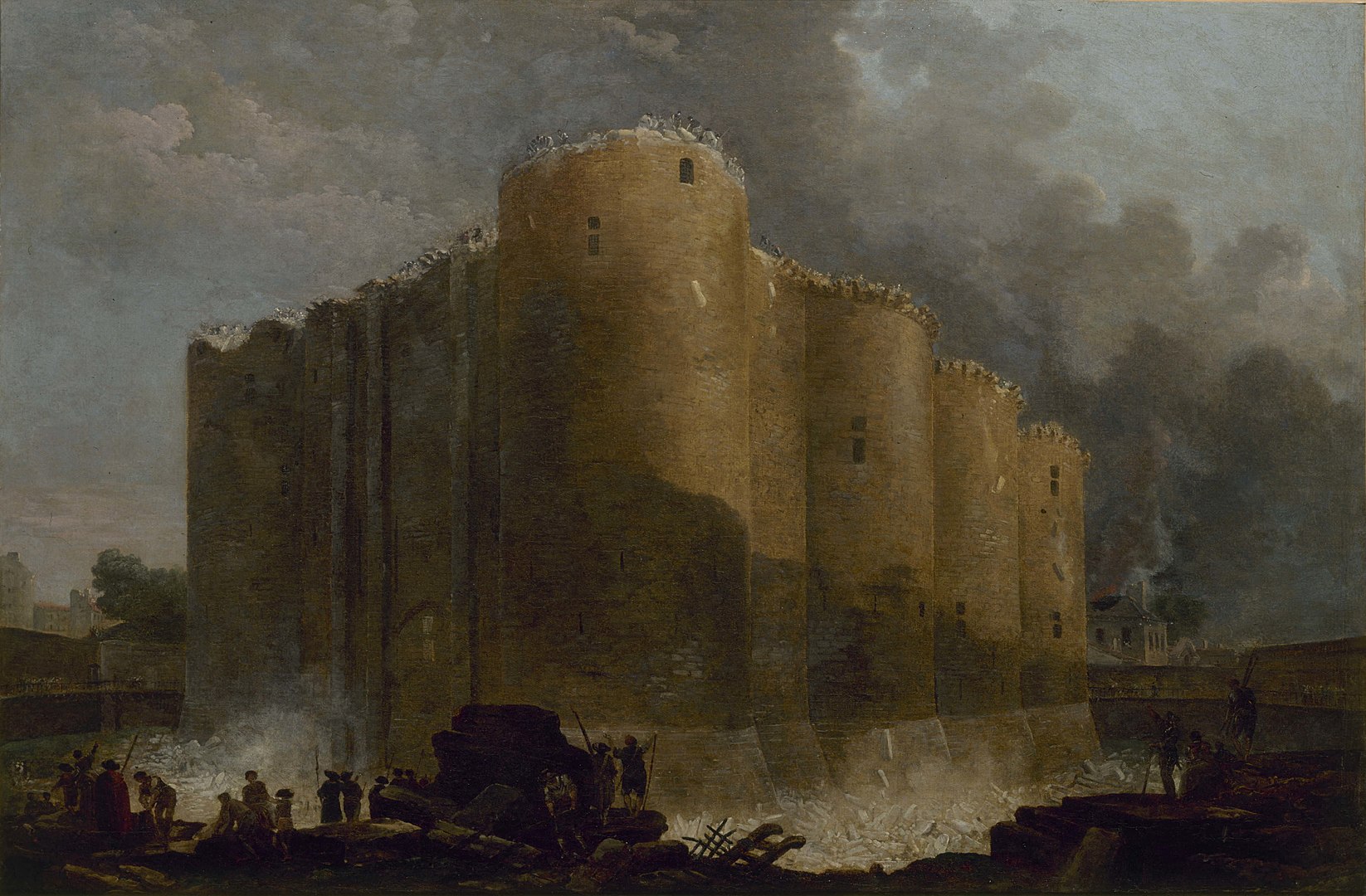 Hubert Robert, Wikimedia Commons
Hubert Robert, Wikimedia Commons
14. He Prepared For The Worst
While his brother tried to negotiate with revolutionaries, Louis XVIII began quietly preparing for escape. He strengthened ties with monarchist factions and foreign allies, sensing that France was no longer safe for the Bourbons. Though he remained in Versailles for now, he needed to decide whether to abandon France and seek safety, leaving his brother behind.
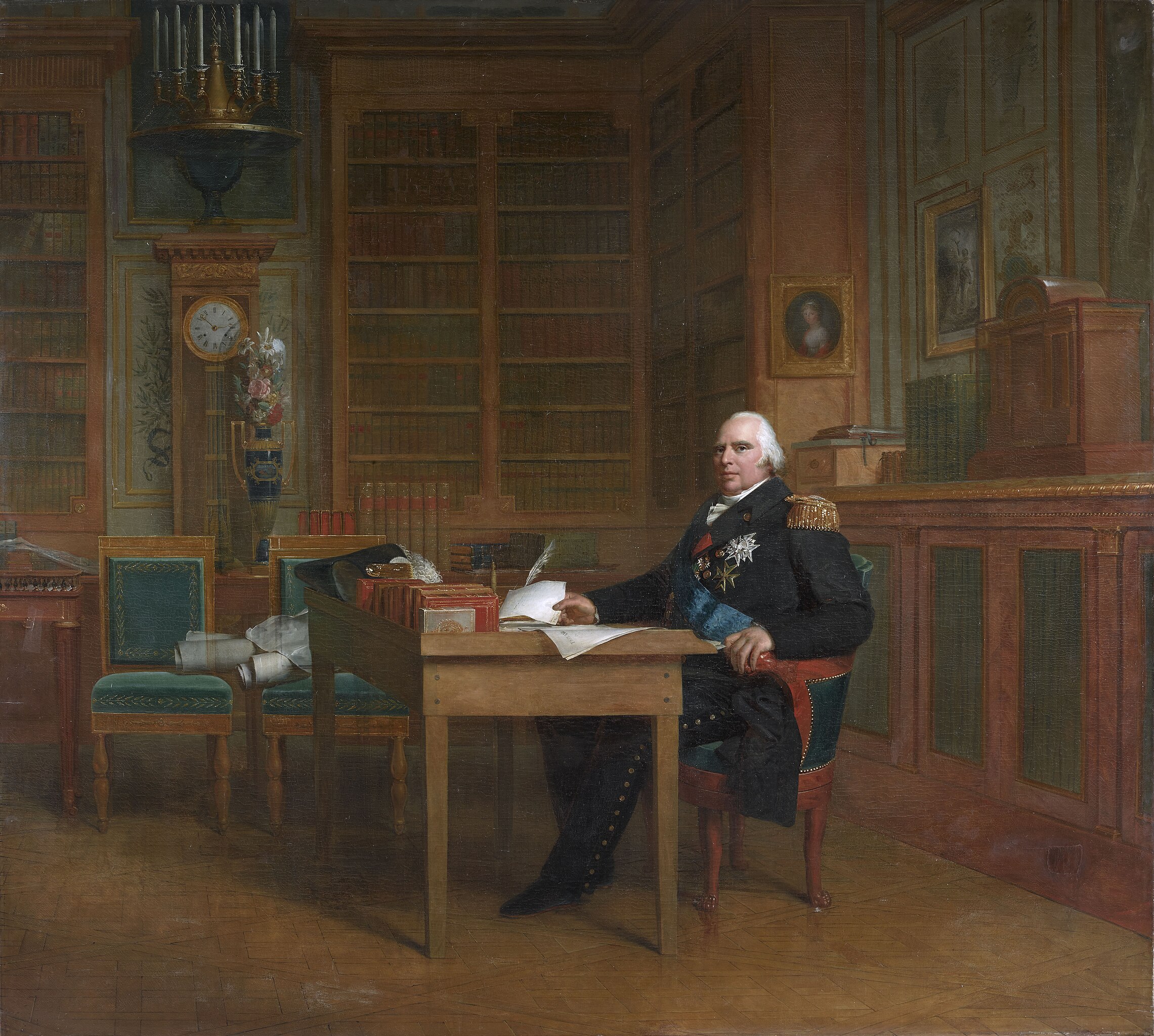 After François Gérard, Wikimedia Commons
After François Gérard, Wikimedia Commons
15. He Remained Loyal To His Brother
Unlike his younger brother Charles Philippe, who fled France right after the fall of the Bastille, Louis stayed with the royal family until the attempted escape of his older brother, King Louis XVI, and Marie Antoinette. This pivotal moment would set the stage for a dramatic turn in the fate of the monarchy.
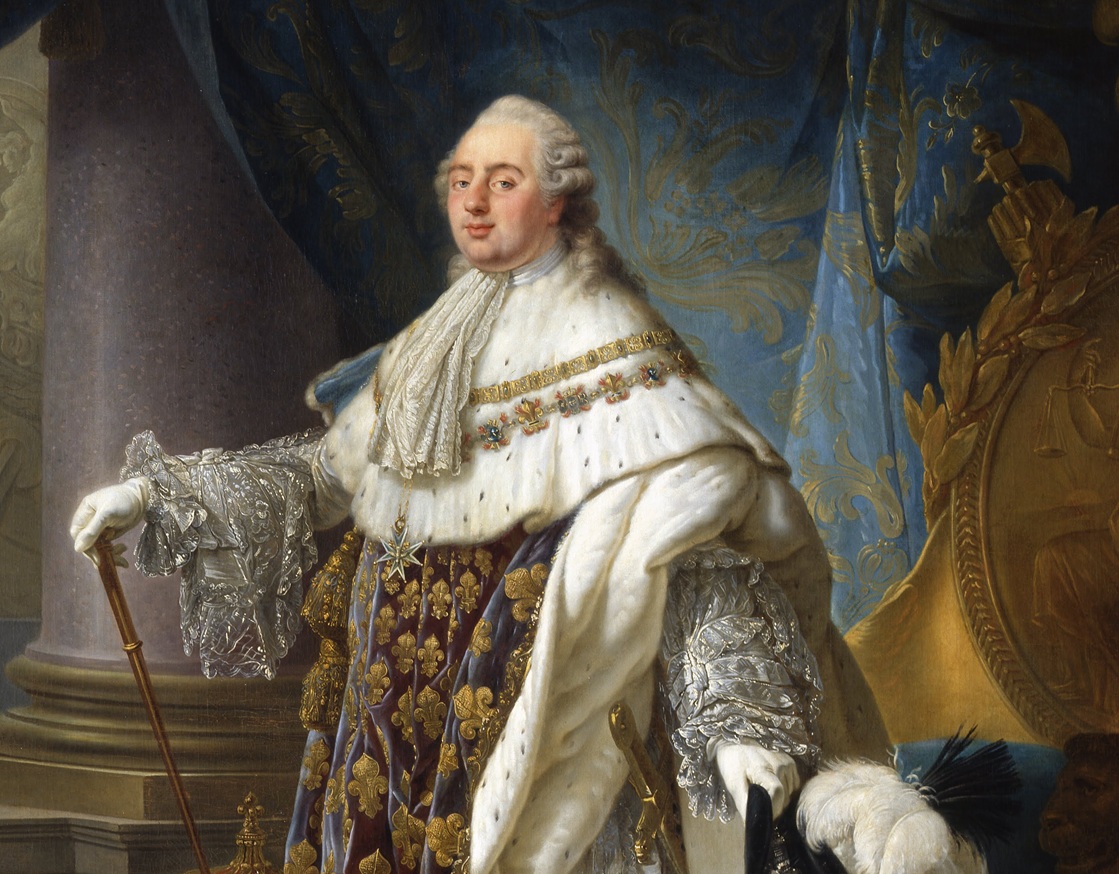 Antoine-François Callet, Wikimedia Commons
Antoine-François Callet, Wikimedia Commons
16. He Attempted To Flee With His Family
In 1791, Louis XVIII, King Louis XVI, and Marie Antoinette attempted to flee revolutionary Paris in a desperate bid to reach Varennes and rally royalist support. The plan quickly unraveled when the royal family was recognized and captured at Varenne on June 21, 1791. The failed escape profoundly damaged the monarchy's credibility. Though Louis XVIII avoided capture, he would never see his brother again.
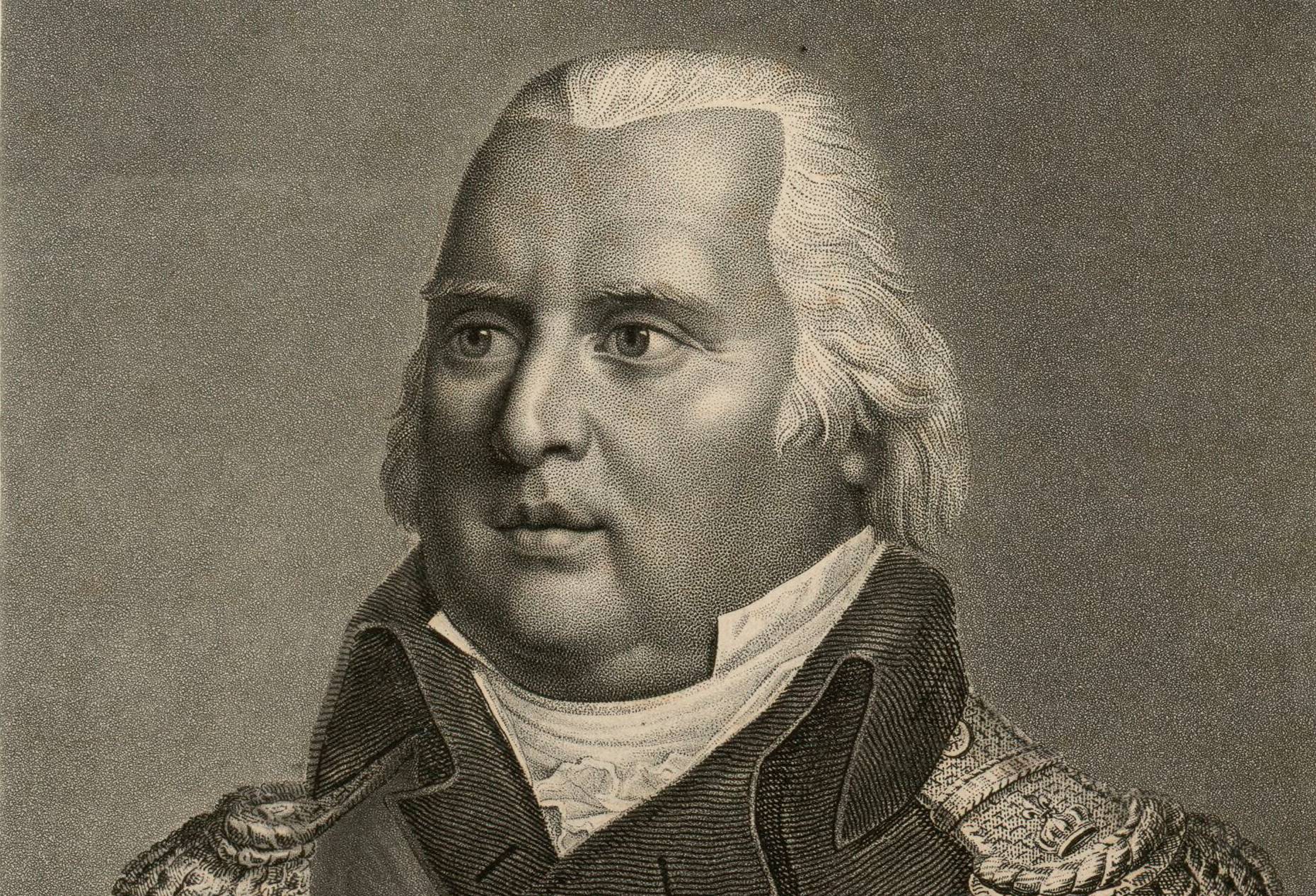 National Library of France, Wikimedia Commons
National Library of France, Wikimedia Commons
17. He Barely Got Out
Taking a different route, Louis XVIII crossed the border and began what would become a long period in Europe. While Louis narrowly escaped, it was clear that France was no longer safe for the royal family. Louis' hopes for a peaceful resolution faded as revolutionary fervor intensified.
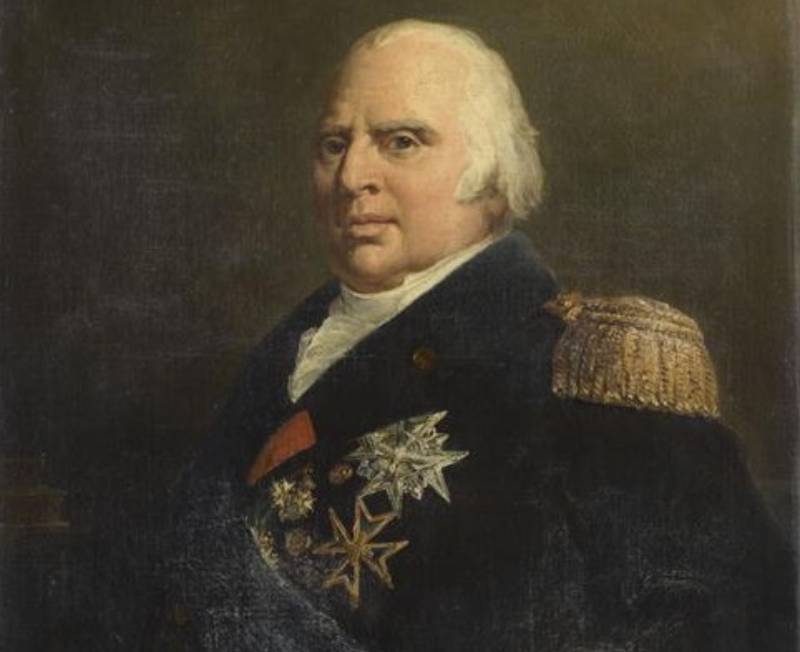 Jean-Pierre Franque, Wikimedia Commons
Jean-Pierre Franque, Wikimedia Commons
18. His Loyalty Was In Question
Both contemporaries and historians accuse Louis XVIII of maneuvering carefully during the Revolution, staying close to the King while secretly waiting for his chance to seize power. Regardless, Louis worked to persuade the European powers to invade France and restore the monarchy, saving his brother, the King. Tragically, instead of help, he received confirmation of his worst fears.
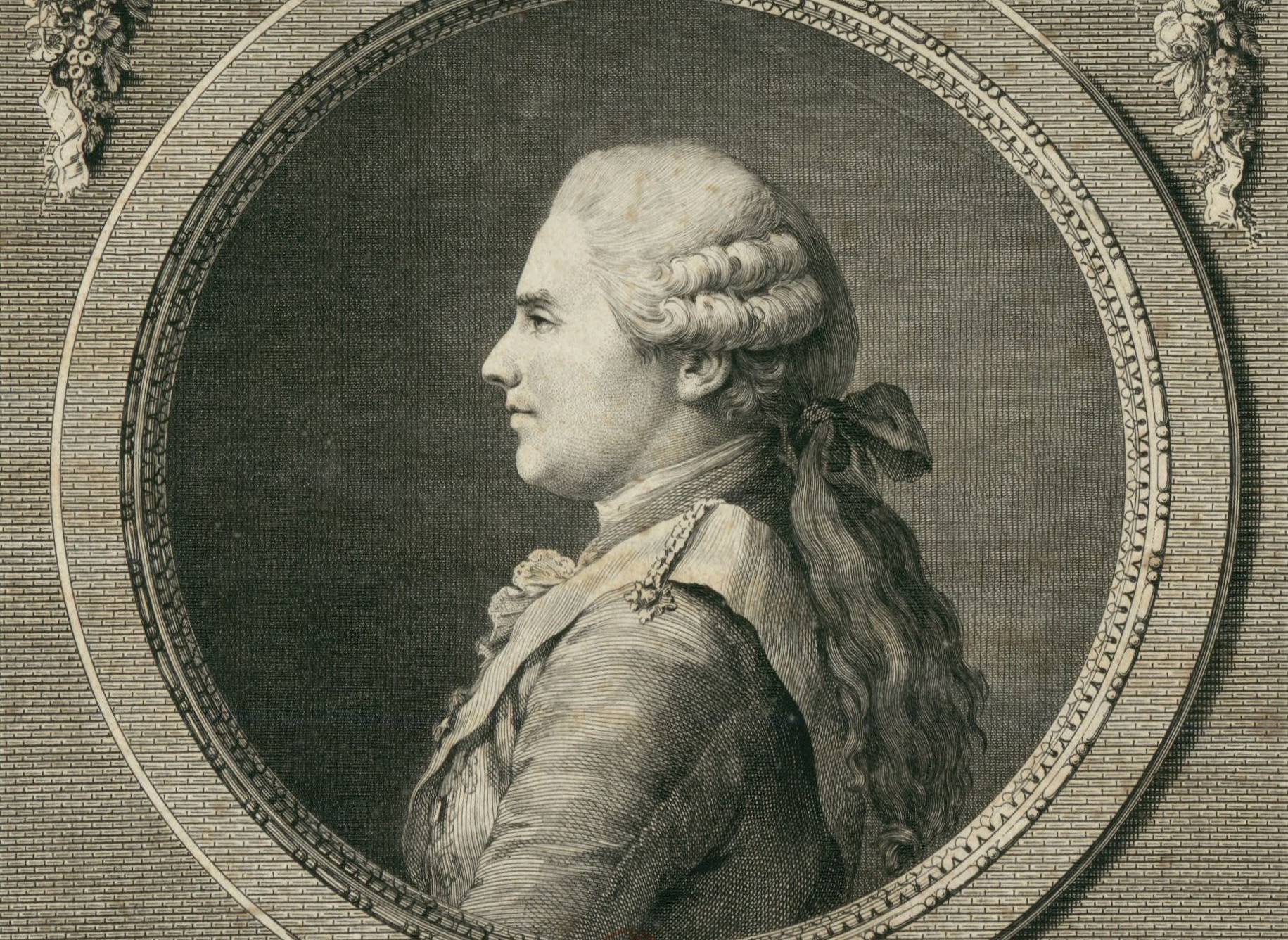 Marie-Louise-Adélaïde Boizot, Wikimedia Commons
Marie-Louise-Adélaïde Boizot, Wikimedia Commons
19. His Brother Didn’t Fare Well
After revolutionaries executed the King and Queen in 1793, Louis XVIII declared himself regent for his young nephew, the Dauphin Louis XVII. When the Dauphin died in June 1795, he claimed the title of King Louis XVIII. As France plunged further into turmoil, Louis went into exile, entering into his more than two decades of couch surfing, navigating the shifting politics of European courts.
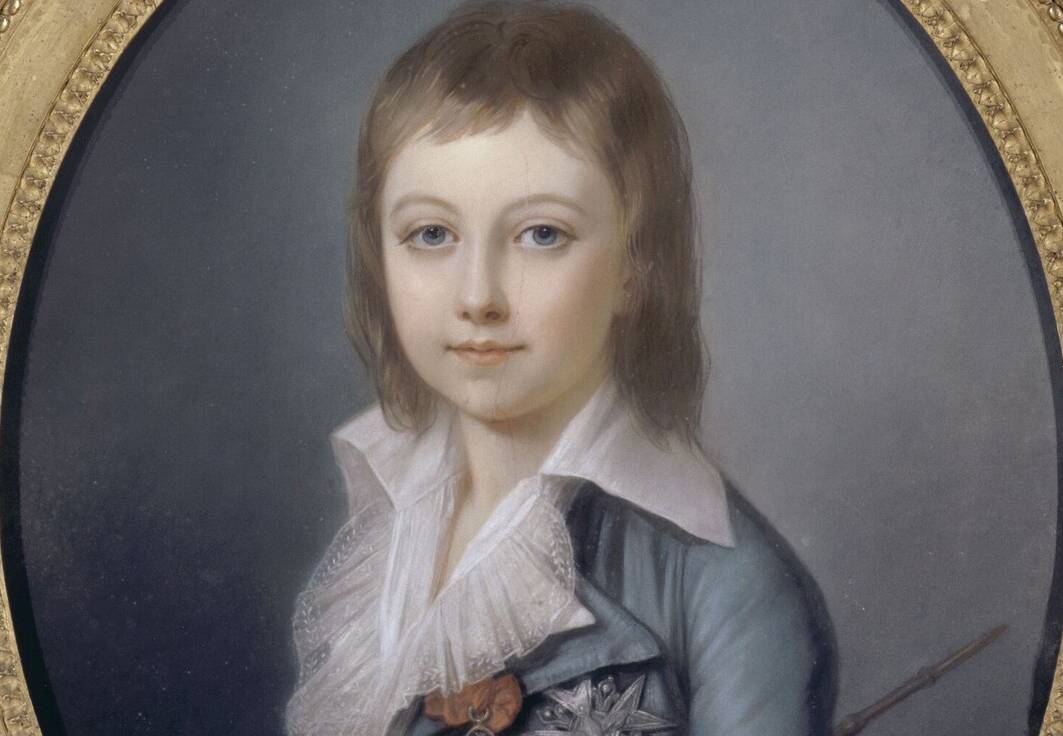 Alexander Kucharsky, Wikimedia Commons
Alexander Kucharsky, Wikimedia Commons
20. He Made A Declaration
Despite the revolutionary government's opposition, Louis XVIII claimed the throne as the rightful heir. As he and his Bourbon family struggled, a military leader named Napoleon rallied the country against the monarchy. These two men were poised to reshape the future of France.
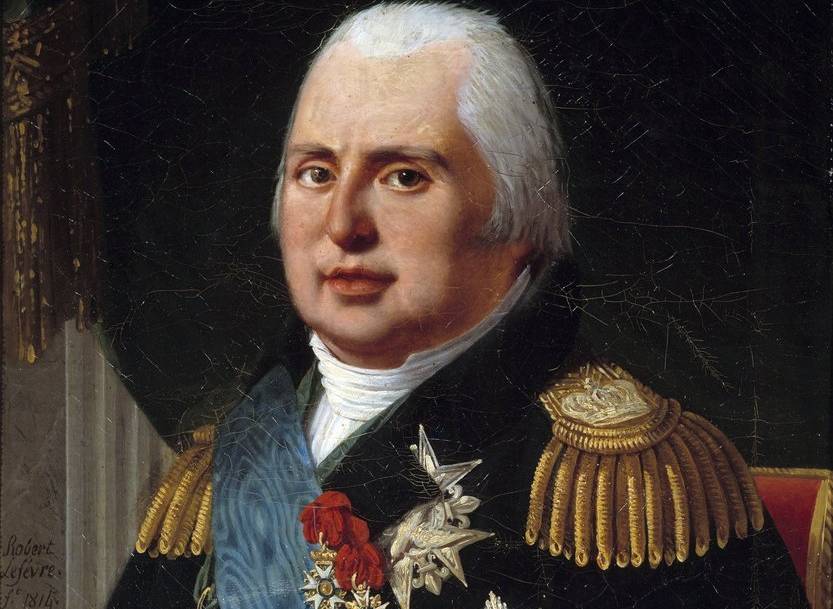 Robert Lefèvre, Wikimedia Commons
Robert Lefèvre, Wikimedia Commons
21. He Held It Together
Louis maintained a semblance of a court, ensuring the esteem needed to uphold his rank. He persistently asserted his claim to the French crown and defended his legitimacy against revolutionary France and European monarchies. He was relentlessly hunted by the revolutionaries, who used bribes and threats to pressure foreign courts into banishing Louis and his family. The rise of a brilliant military leader would soon change everything.
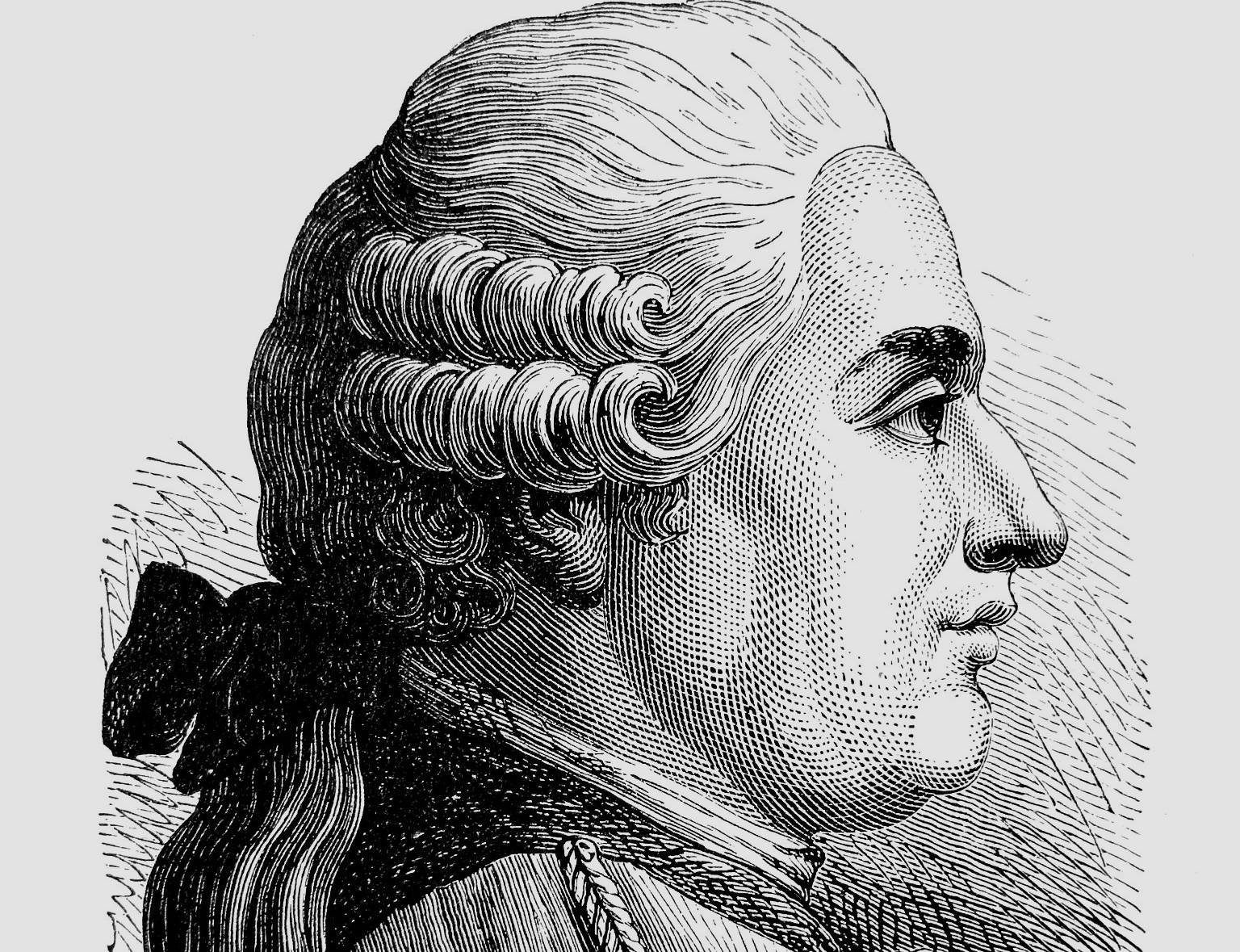 H. Rousseau (graphic designer), E.Thomas (engraver), Wikimedia Commons
H. Rousseau (graphic designer), E.Thomas (engraver), Wikimedia Commons
23. He Felt Powerless
Napoleon’s rise sent shockwaves through Europe, and the Bourbon family fought fiercely to maintain their power. With France’s throne slipping further from their grasp, Louis XVIII and his kin fought to hold onto their royal legacy. But how could they compete with a man whose ambition knew no bounds? The battle for France’s future began, and the Bourbons had to decide how to reclaim their crown.
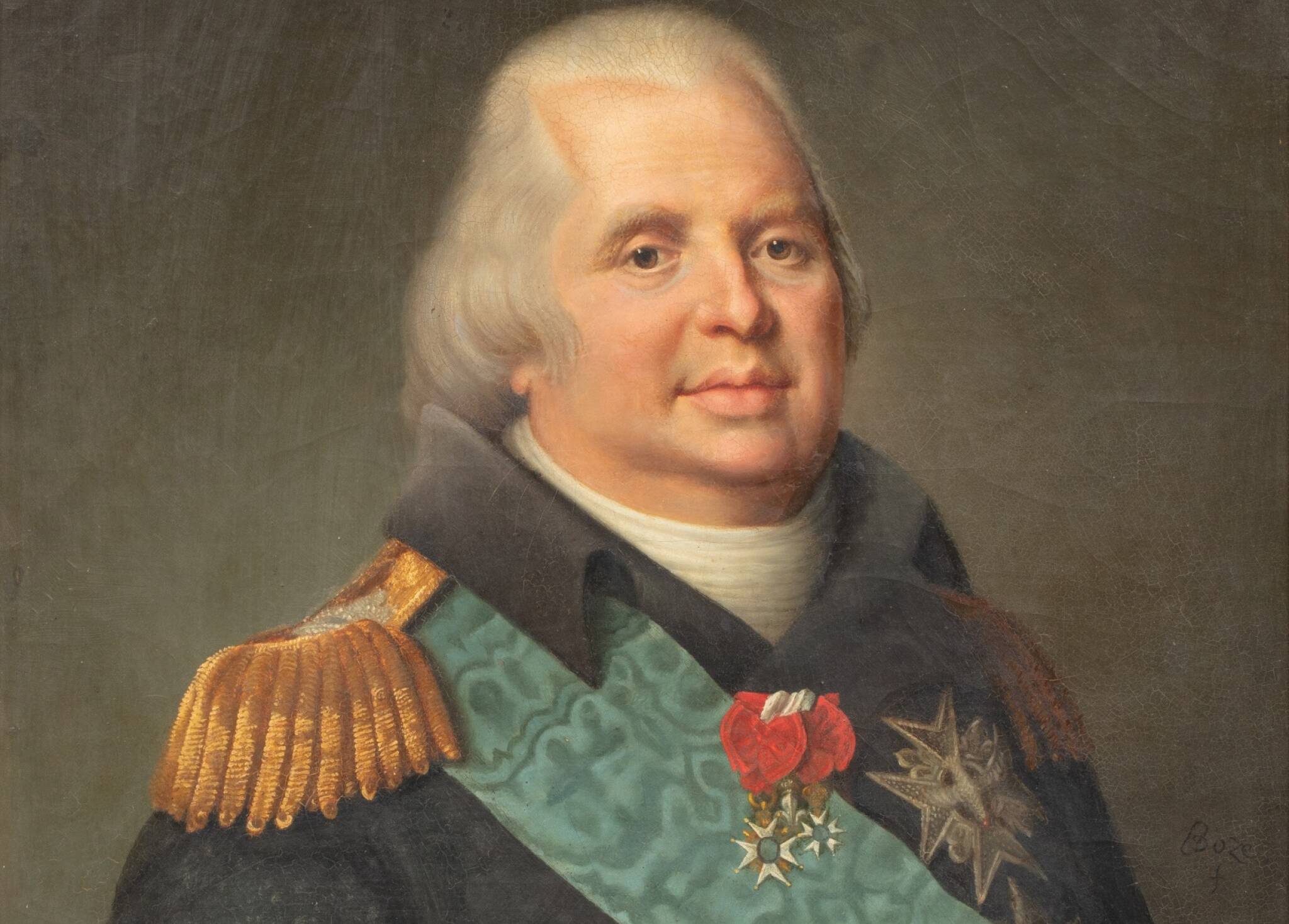 Joseph Boze, Wikimedia Commons
Joseph Boze, Wikimedia Commons
24. His Supporters Only Went So Far
Even though European rulers recognized Louis XVIII's claim to the throne, Napoleon's power gave them little choice but to offer lip service more than material backing. It was a harsh reality for Louis—his crown was acknowledged, but nowhere felt genuinely safe. His last refuge would be a cold one.
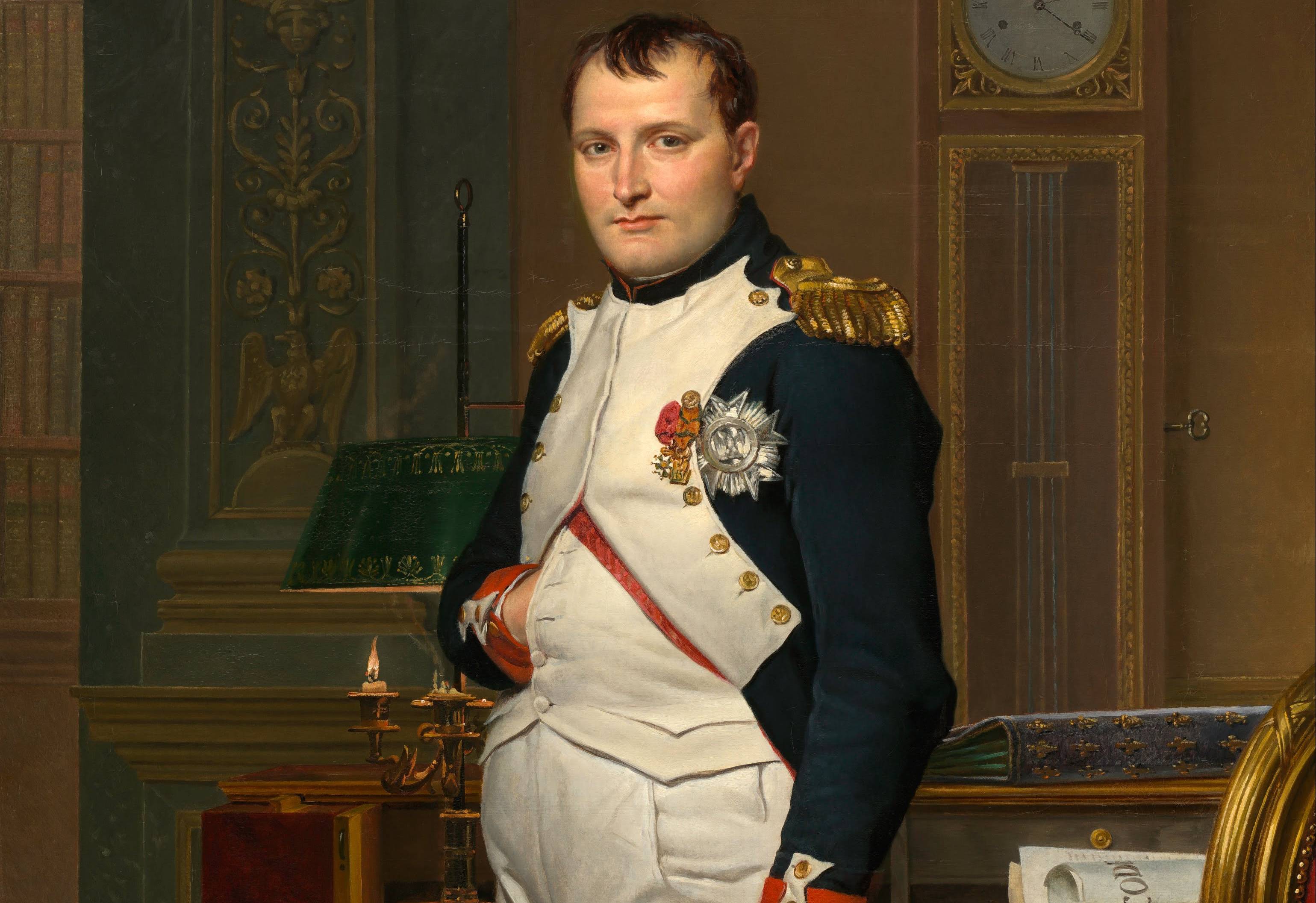 Jacques-Louis David, Wikimedia Commons
Jacques-Louis David, Wikimedia Commons
25. He Found An Unexpected Ally—For A Moment
Russia’s Tsar Paul I initially welcomed Louis XVIII with a palace and protection, but changing political dynamics pushed Russia to seek an alliance with Napoleon. Louis' constant complaints over his accommodations wore on the Tsar, turning admiration into frustration. What happened next would test Louis XVIII's resilience like never before.
 Antoine-Jean Gros, Wikimedia Commons
Antoine-Jean Gros, Wikimedia Commons
26. He Had A Choice: Stay Or Go
As Tsar Paul's support for Louis XVIII dwindled, advisors prompted Louis to leave the country, leaving him in a difficult position. He was not explicitly forbidden to stay in Russia, but remaining would mean risking an uncertain future. Louis would need to decide about venturing into the unknown.
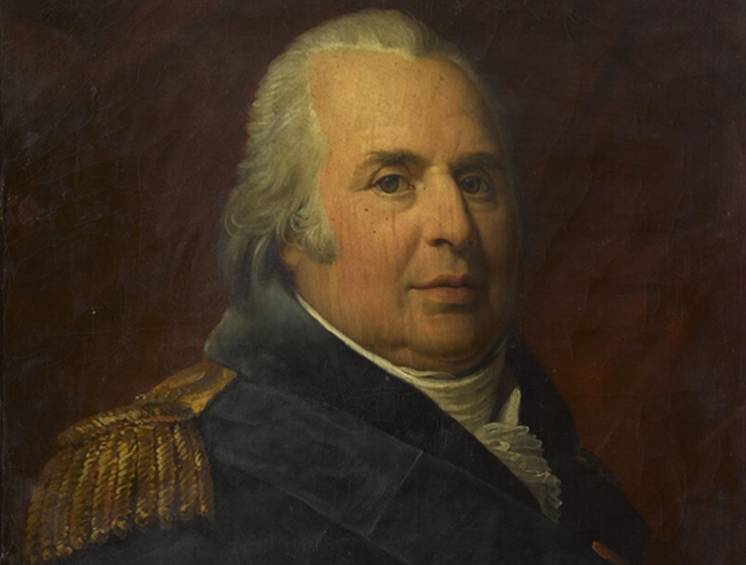 Marie-Éléonore Godefroid, Wikimedia Commons
Marie-Éléonore Godefroid, Wikimedia Commons
27. He Was A King Without A Kingdom… Or A Room
Choosing to leave, Louis XVIII, at one point, had to sleep in roadside inns. A Russian officer refused to vacate his room for Louis despite recognizing him as the King of France. During his exile from 1791 to 1814, Louis lived in several countries, including a brief stay in Belgium, the Netherlands, and various German states. These locations became his temporary base of operations as he planned his return to France and Napoleon's defeat.
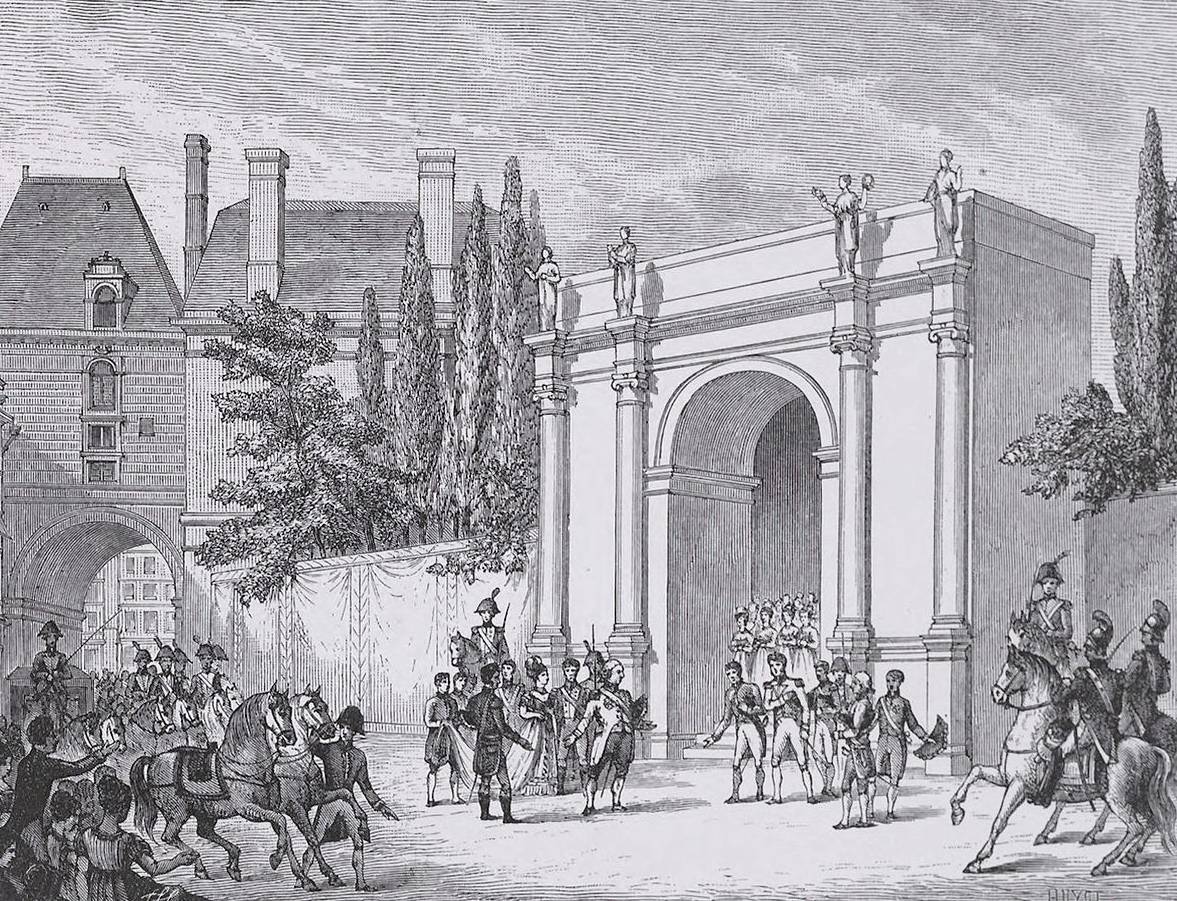 Theodor Josef Hubert Hoffbauer, Wikimedia Commons
Theodor Josef Hubert Hoffbauer, Wikimedia Commons
28. He Watched Napoleon Take His Throne
In 1804, Napoleon crowned himself Emperor Napoleon I at Notre Dame. He rebuilt France after the revolution but ultimately failed in his quest to conquer Europe. His rule began to unravel after the disastrous invasion of Russia. Defeated, Napoleon was soon forced to leave France, but his exile would be brief.
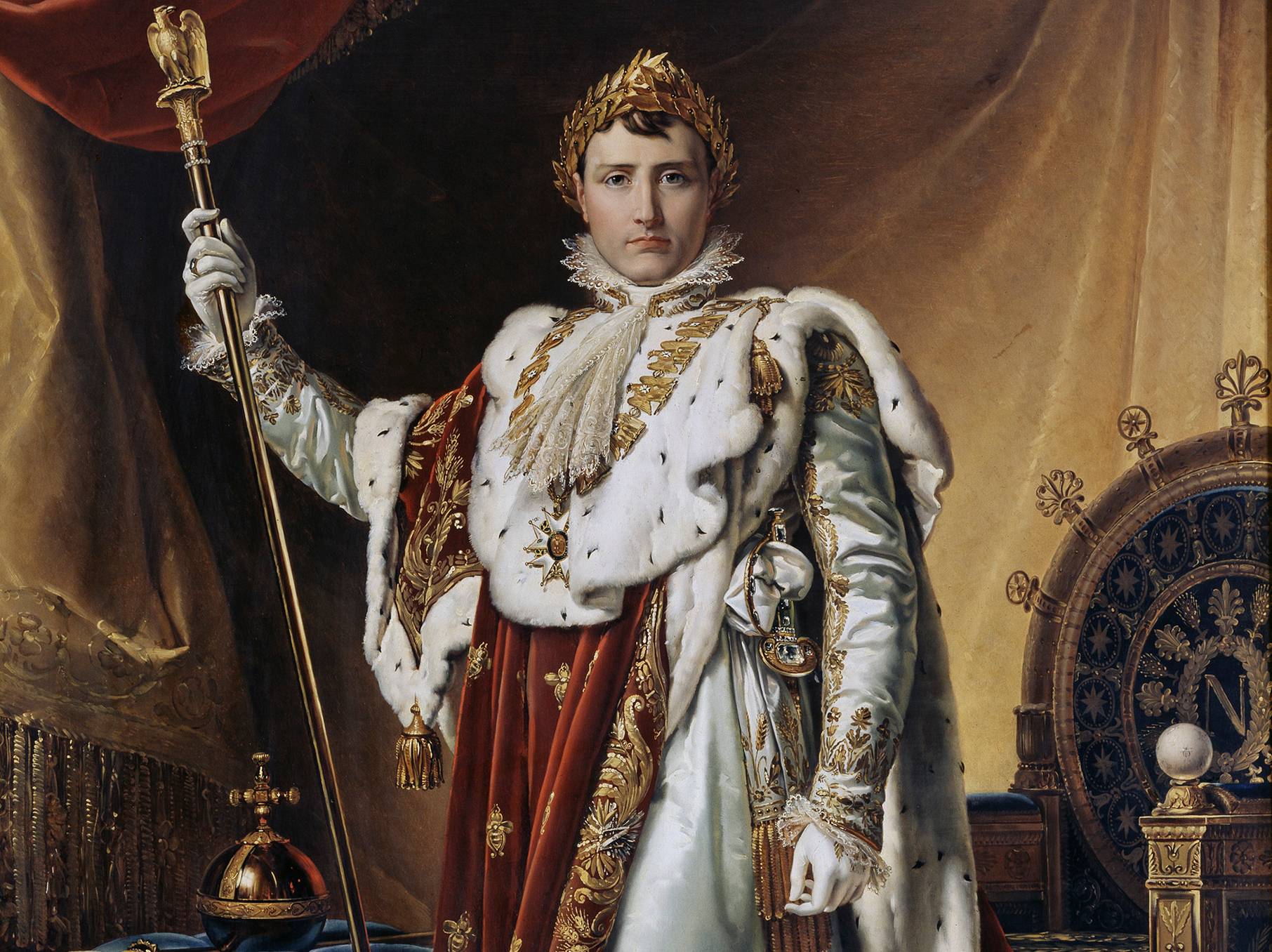 Workshop of François Gérard, Wikimedia Commons
Workshop of François Gérard, Wikimedia Commons
29. He Crashed In England
From 1807 to 1814, Louis XVIII lived in England after Napoleon rose to power. During this period, he was primarily a figurehead for royalists. Financial struggles and limited political influence marked his life in England. But despite the challenges, he found a place to rebuild his court and keep his royal dream alive.
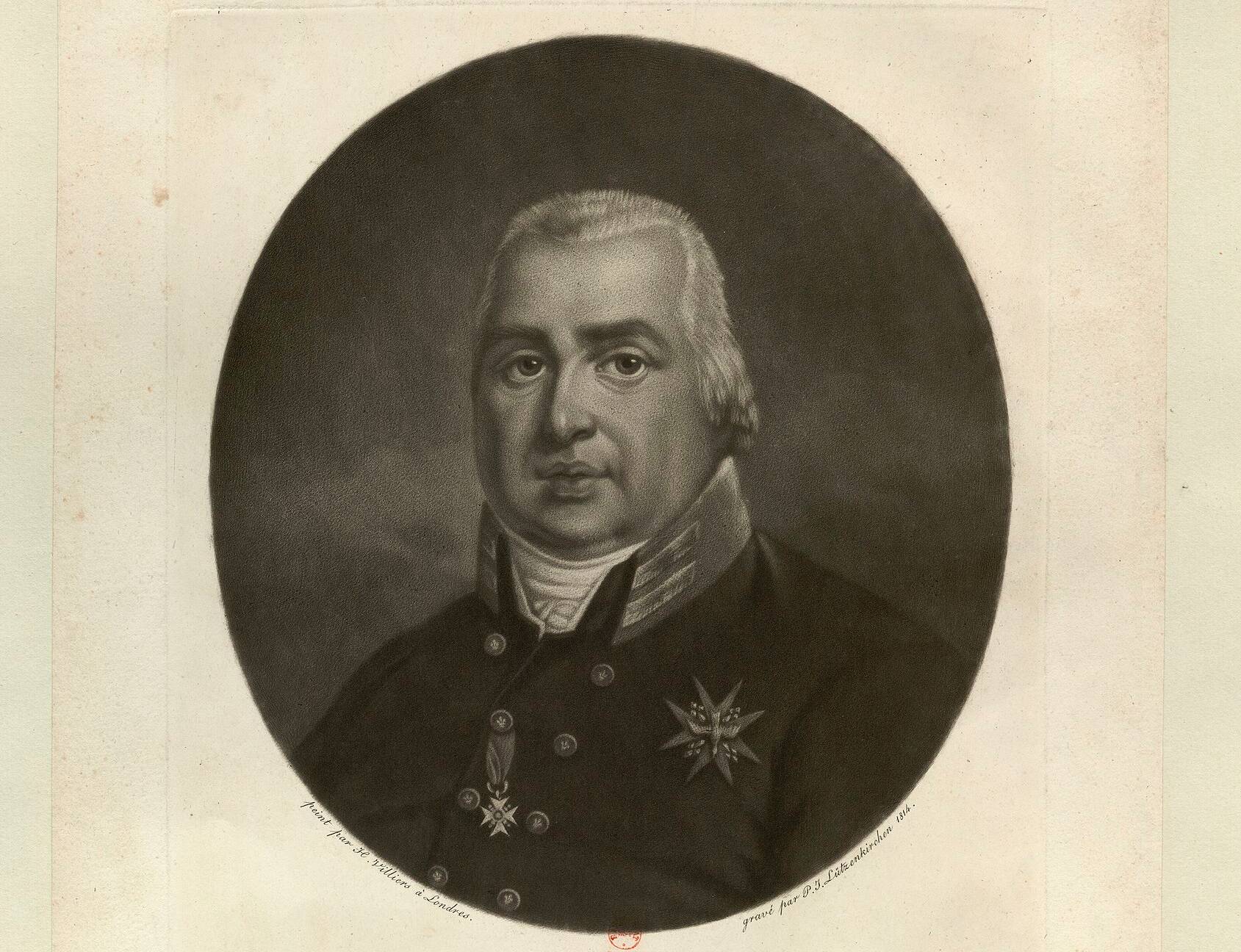 National Library of France, Wikimedia Commons
National Library of France, Wikimedia Commons
30. He Found Refuge At Hartwell House
At Hartwell House in England, Louis XVIII awaited his chance to reclaim the French throne. Though technically a king, he had little power and relied on British support to survive. While Louis planned his return, hopeful that Napoleon would soon suffer defeat, another tragedy was set to strike before he could realize his dream of returning to France.
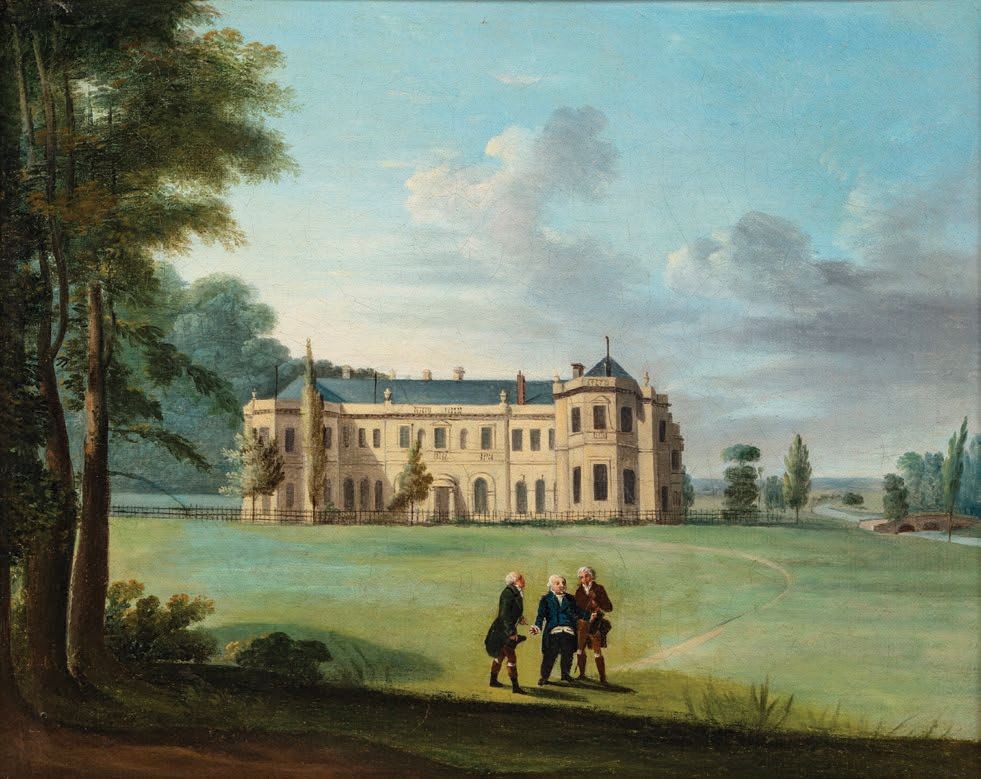 English school, Wikimedia Commons
English school, Wikimedia Commons
31. He Lost His Queen
Marie Joséphine, wife of the exiled Louis XVIII, died of illness in 1810 in England. Her death left Louis isolated, as he had no children and was still in his Napoleonic-induced exile. Though his nephew, Louis XVII, had died years earlier in 1795, Marie Joséphine’s passing further marked the Bourbon family's struggles. His journey towards the eventual restoration of his crown began to look increasingly difficult.
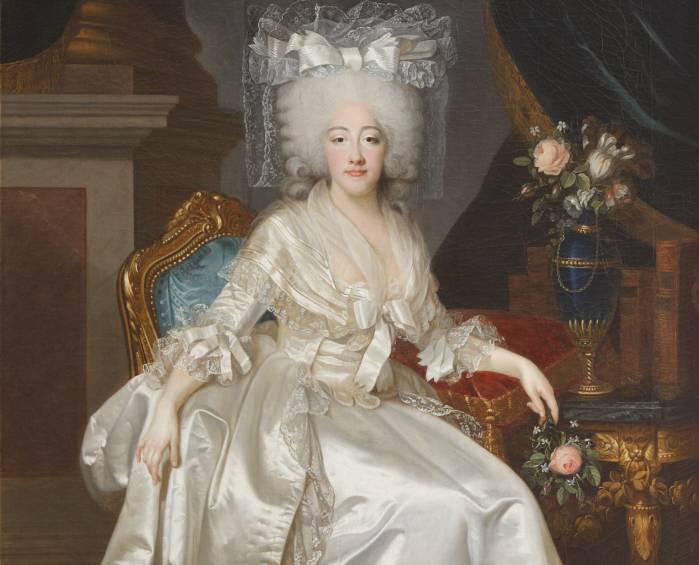 Joseph Boze, Wikimedia Commons
Joseph Boze, Wikimedia Commons
32. He Liked The British Redcoats
Between 1808 and 1814, the British army fought in the Iberian Peninsula against the invading forces of Napoleon's France. Aided by their Spanish and Portuguese allies, the British held off superior French numbers before winning a series of victories and driving Napoleon and his men out. With the French resources drained and Napoleon forced into exile on the island of Elba, the British took control, helping to pave the way for Louis XVIII.
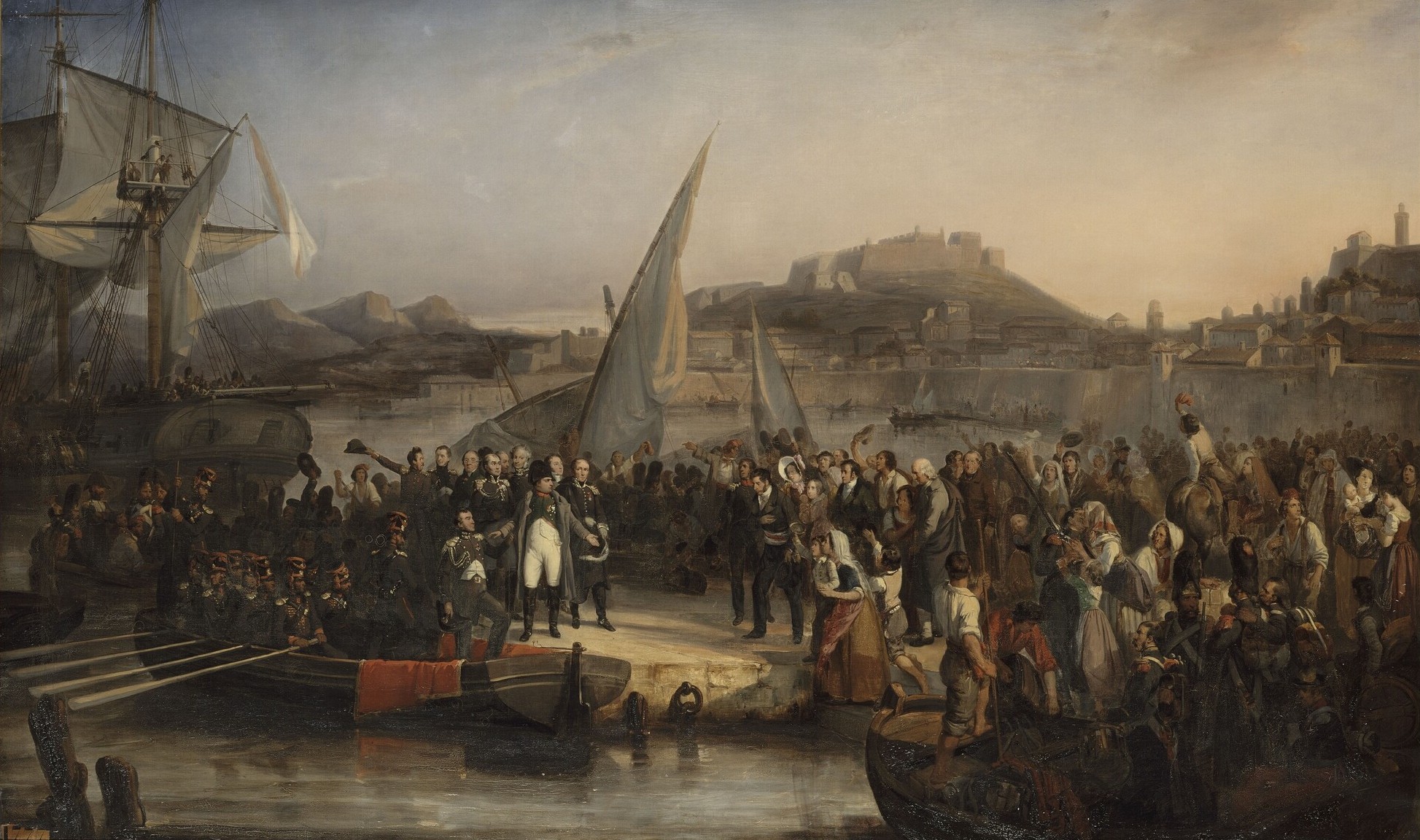 Joseph Beaume, Wikimedia Commons
Joseph Beaume, Wikimedia Commons
33. He Had Congressional Support
The Congress of Vienna, a series of diplomatic meetings held in Vienna from September 1814 to June 1815, sought to create a lasting peace for Europe following the Napoleonic Wars. Its main goals were to restore the political order before the conflict and establish a balance of power across the continent. Still, the European powers had to make a choice.
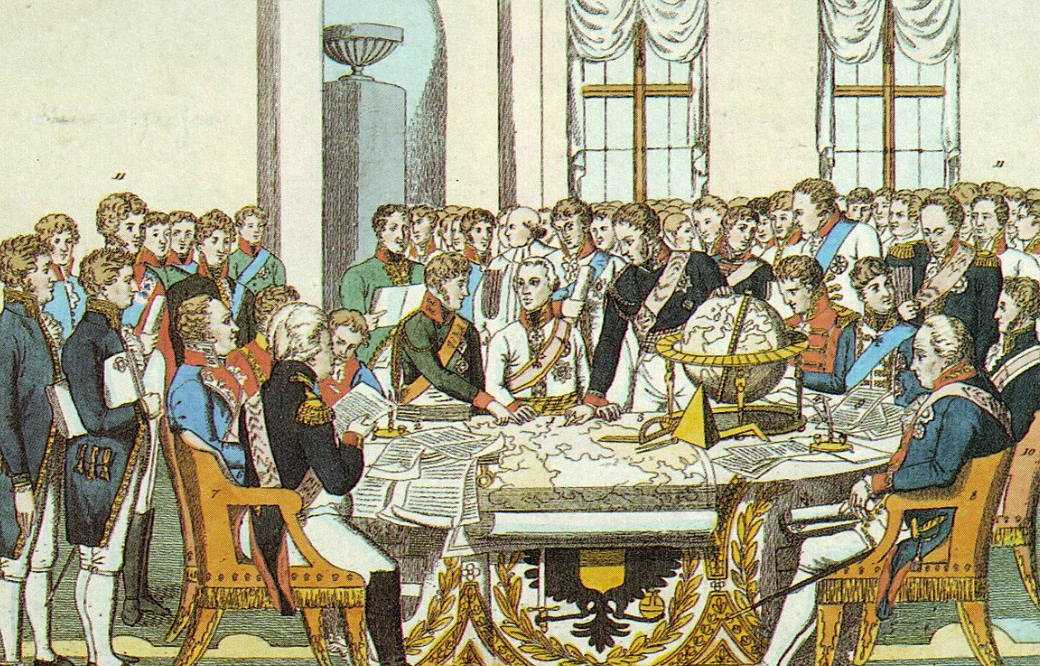 Unknown Author, Wikimedia Commons
Unknown Author, Wikimedia Commons
34. He Took What He Could Get
The great powers restored France to its 1789 borders and created a new Kingdom of Poland under Russian control. To prevent future French aggression, they strengthened France's neighboring countries. Louis XVIII gladly accepted these terms and began packing his bags to go home.
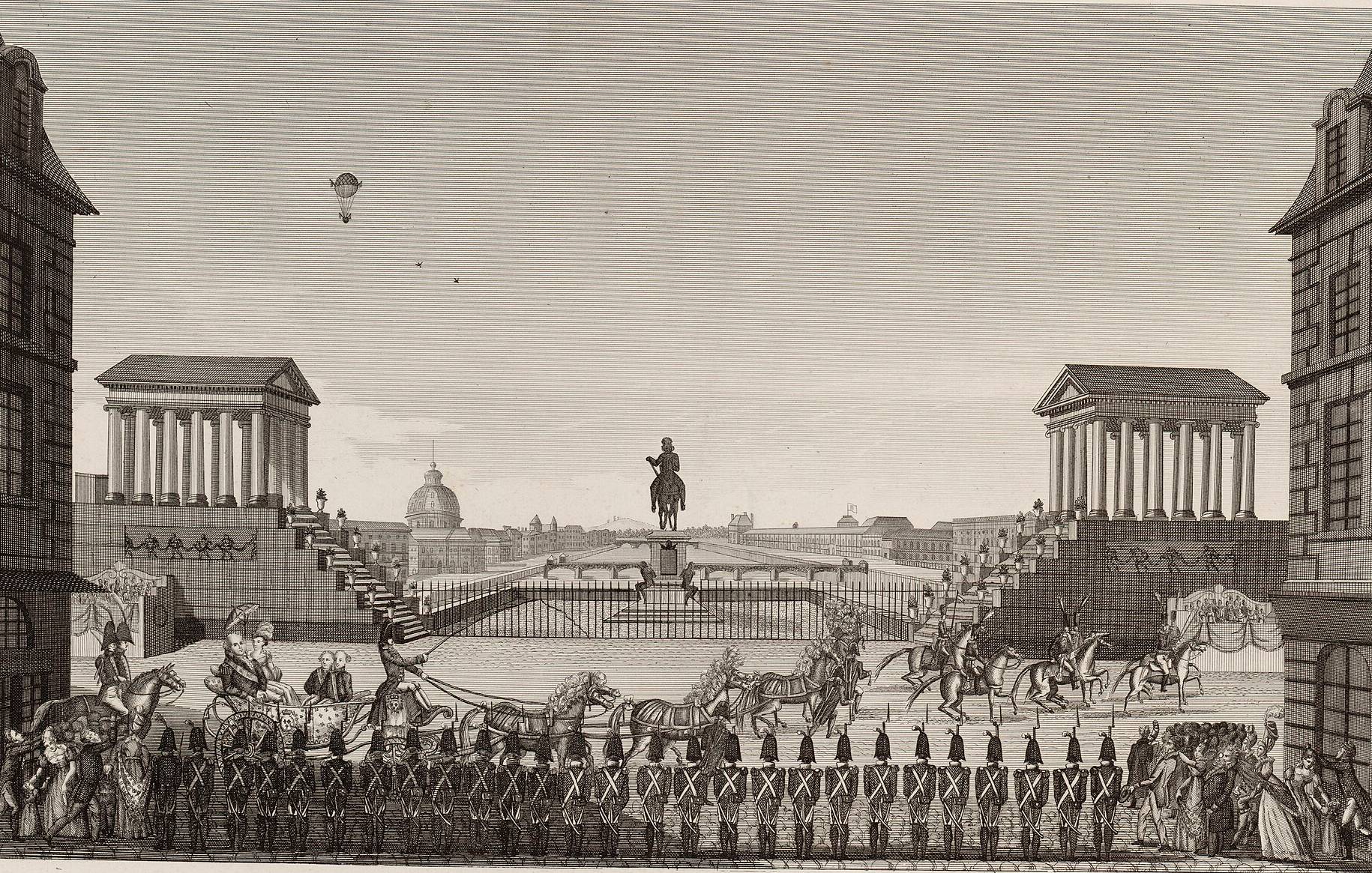 Unknown Author, Wikimedia Commons
Unknown Author, Wikimedia Commons
35. His Restoration Was Kept On The Down Low
Unlike his predecessors, Louis XVIII refused residence at Versailles and even declined the traditional coronation ceremony. He now had to navigate the tensions between royalist and revolutionary factions, beginning his reign in familiar territory: a climate of political unrest.
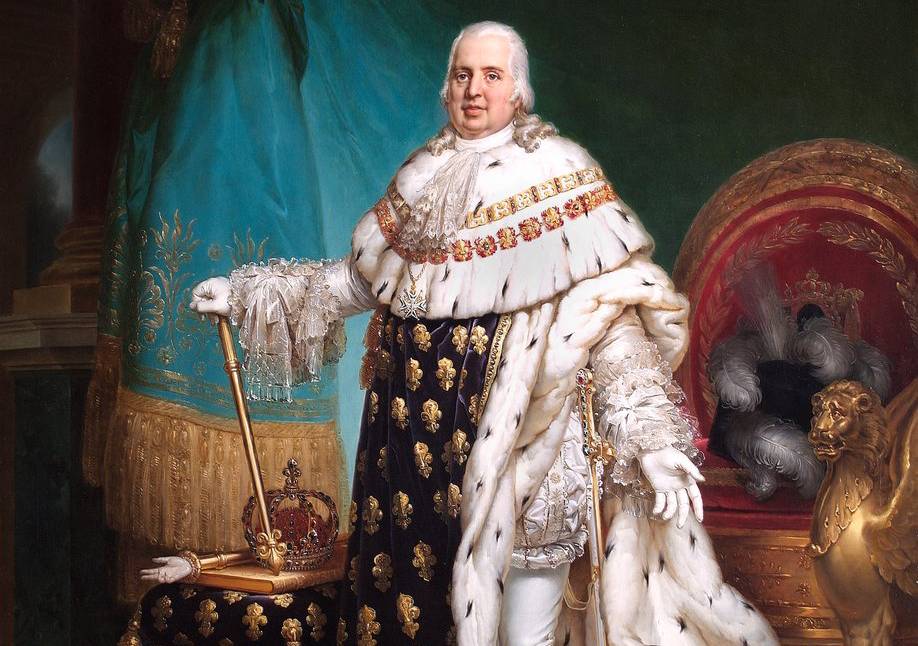 François Gérard, Wikimedia Commons
François Gérard, Wikimedia Commons
36. He Tiptoed Around France
Louis promised a constitutional monarchy, hoping to keep key revolutionary gains intact while returning the Bourbon dynasty to power. His goal was to strike a balance between tradition and modern governance, offering stability in a turbulent time. But just as he was getting a grip on things, Napoleon revealed he wasn't done yet.
 Louis Ducis, Wikimedia Commons
Louis Ducis, Wikimedia Commons
37. He Served Another Hundred Days
Napoleon escaped from Elba, throwing France into chaos as he reclaimed power and launched the Hundred Days. Louis XVIII fled to Belgium while Napoleon tried to rebuild his empire, but the European powers ended it at Waterloo on June 18. With Napoleon defeated for good, Louis returned for the Second Restoration—this time, he couldn't afford to lose control.
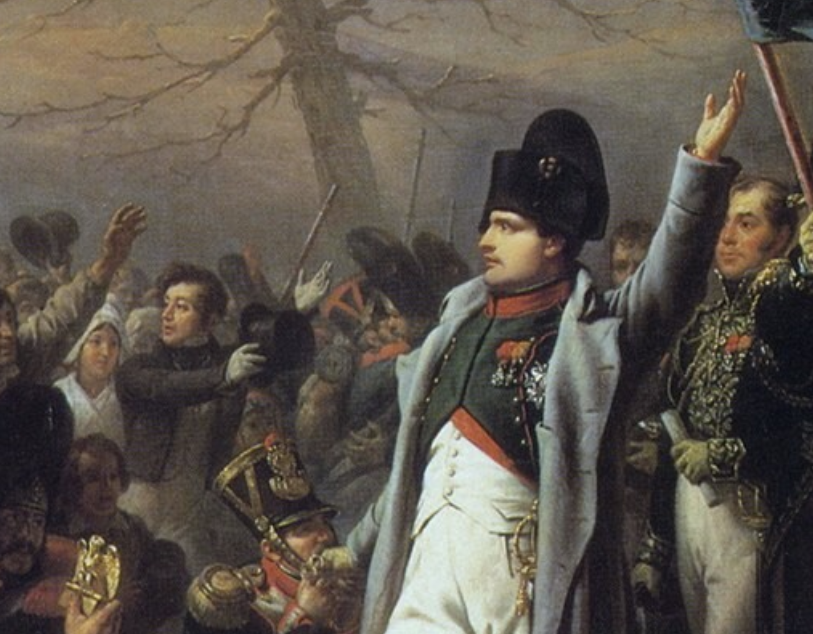 Charles de Steuben, Wikimedia Commons
Charles de Steuben, Wikimedia Commons
38. His Second Restoration Of Power
When Louis returned to France in July 1815, he had a tough job: reuniting a fractured nation while leaning on the Allies for support. As he brought back the Bourbon dynasty, he kept some reforms from the Revolution and Napoleon's rule, blending old and new. At first, he pushed for reconciliation, but as time went on, his rule became far less liberal.
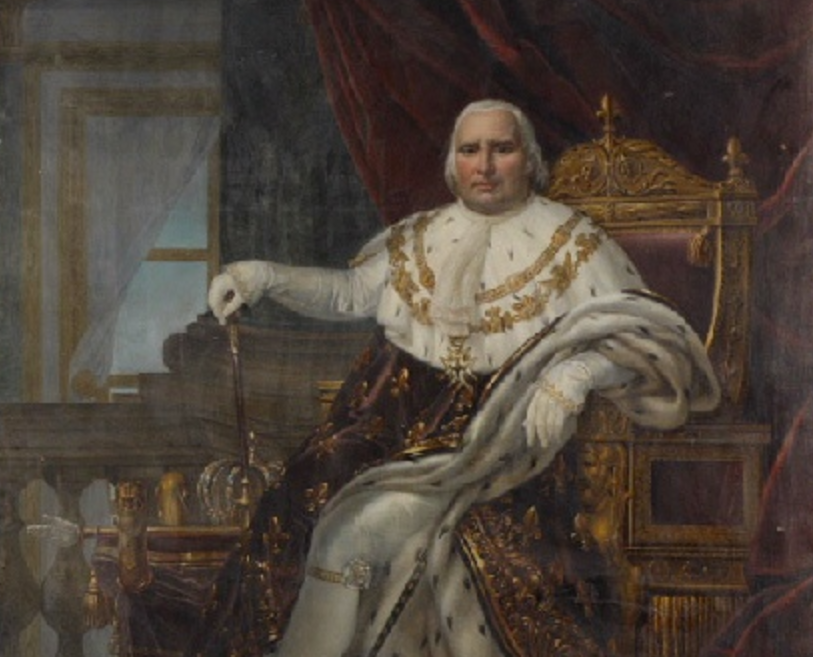 Angélique Mongez, Wikimedia Commons
Angélique Mongez, Wikimedia Commons
39. He Dealt With The Royalist's Revenge
Known as The White Terror, France watched as royalists targeted Napoleon’s supporters after his defeat. In what would become one of the bloodiest years of the country's history, many Bonapartists and revolutionaries were arrested, exiled, or executed. This wave of reprisals deepened political divisions, complicating Louis XVIII’s efforts to stabilize France.
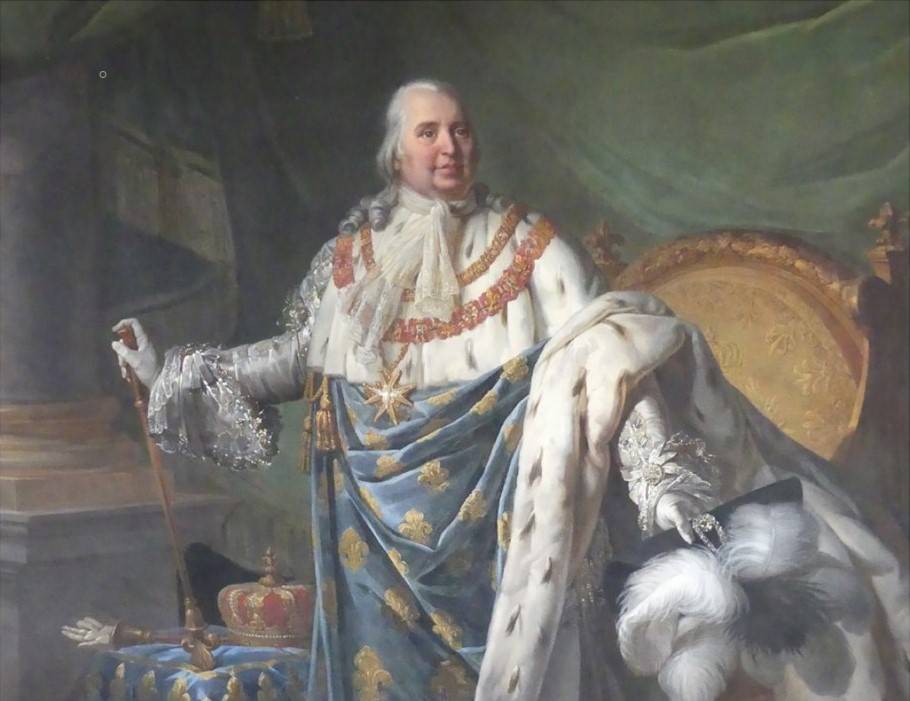 Louise Bouteiller, Wikimedia Commons
Louise Bouteiller, Wikimedia Commons
40. He Walked The Line
Louis XVIII walked a fine line between crackdown and compromise to keep his grip on power. Royalists wanted harsh punishment for Napoleon's supporters, but he prioritized stability, choosing a more measured approach. His goal was clear—to restore the monarchy without throwing France back into turmoil. The choices he made would shape the country for years to come.
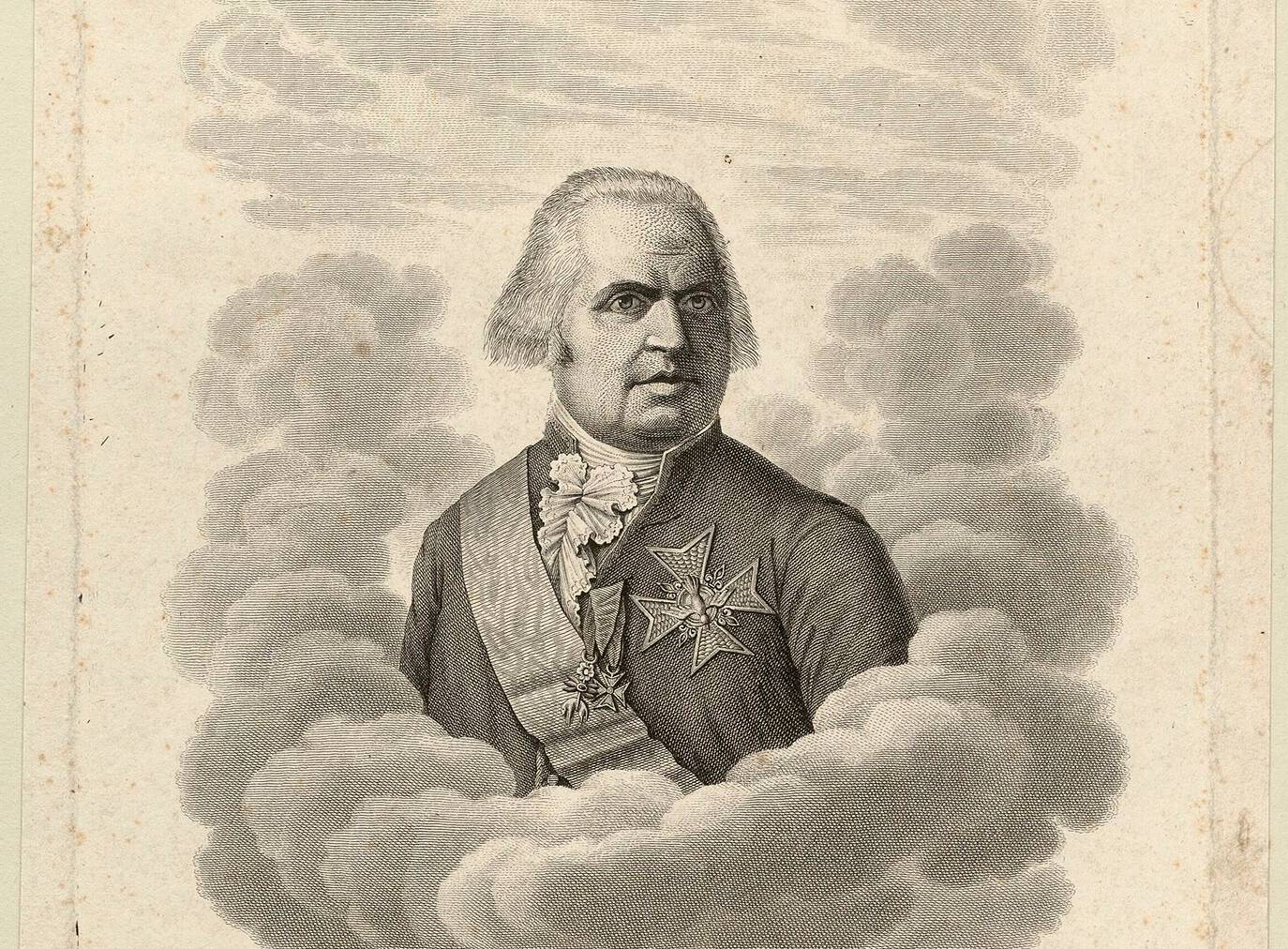 National Library of France, Wikimedia Commons
National Library of France, Wikimedia Commons
41. He Managed Economic And Social Challenges
After the Napoleonic Wars, France grappled with profound economic and social troubles, from crippling debt to widespread poverty. The economy needed rebuilding, while inflation and unemployment fueled unrest. Louis worked to tackle these challenges while keeping the country politically stable.
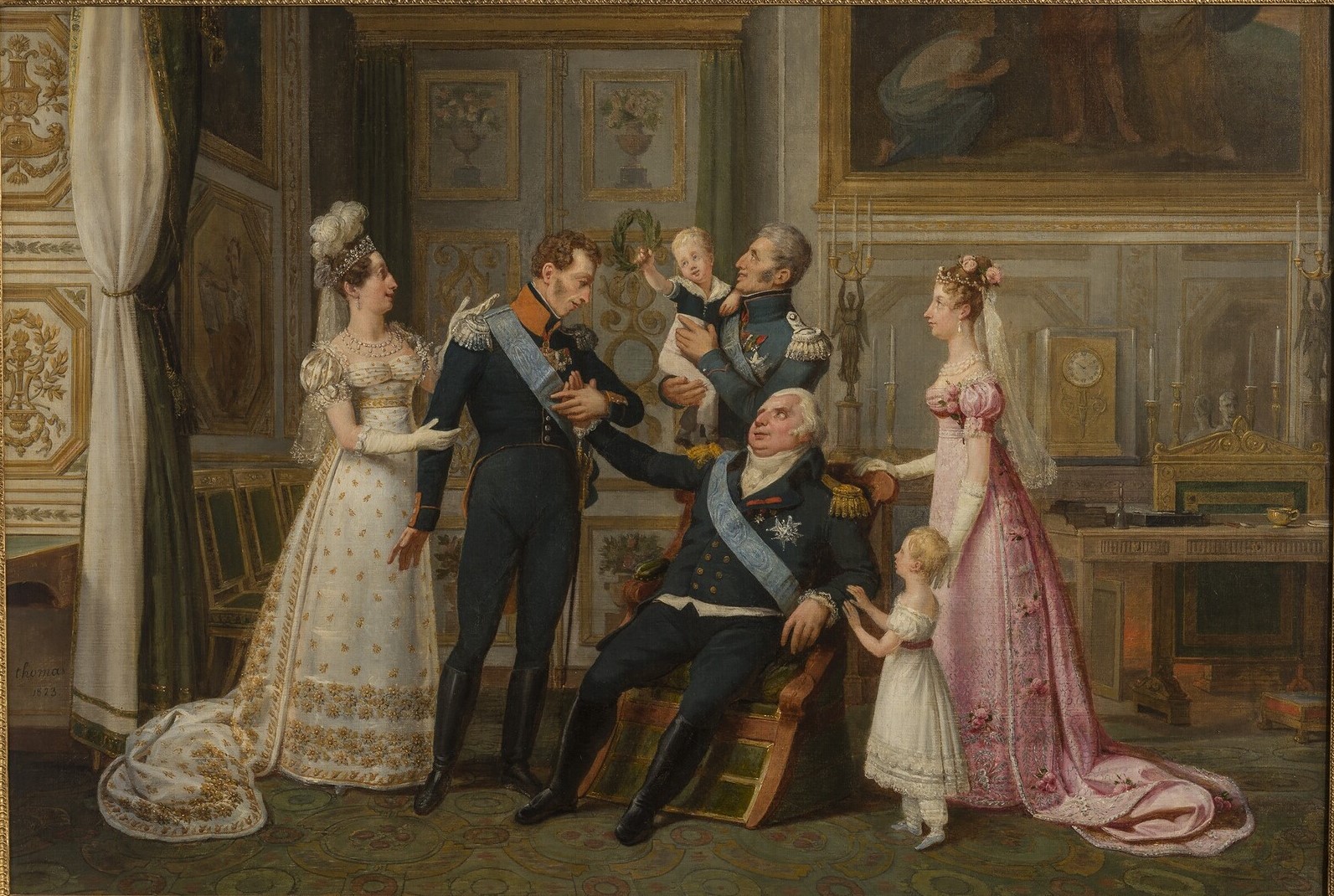 Antoine-Jean-Baptiste Thomas, Wikimedia Commons
Antoine-Jean-Baptiste Thomas, Wikimedia Commons
42. He Managed His Ties With Foreign Powers
Louis XVIII knew France needed friends, not more enemies. After years of war, he focused on rebuilding ties with Britain and other European powers, securing France's place in the post-Napoleon world. Through the Congress of Vienna, he aligned with the Allies and played it safe with diplomacy, prioritizing peace over conflict. His reign brought a rare stretch of stability to a continent that had seen too much chaos—for how long was yet to be seen.
43. His Little Brother Started To Rock The Boat
By the 1820s, France was still on edge. Louis XVIII's brother, the future King Charles X, was gaining power, and his staunch conservatism clashed with the country's growing liberal movement. Tensions between royalists and reformists kept rising, and it was only a matter of time before the Bourbon monarchy faced its breaking point.
 Dino de Laurentiis Cinematografica, Waterloo (1970)
Dino de Laurentiis Cinematografica, Waterloo (1970)
44. He Rode The Political Waves
In 1820, an assassin took the life of Charles’ son, the Duke of Berry, sending shockwaves through France and plunging the nation into greater political instability. His passing, at the hand of a Bonapartist, reignited royalist fears of a revolutionary resurgence. This event boosted the conservative faction, clearing the path for Charles to adopt even more reactionary policies.
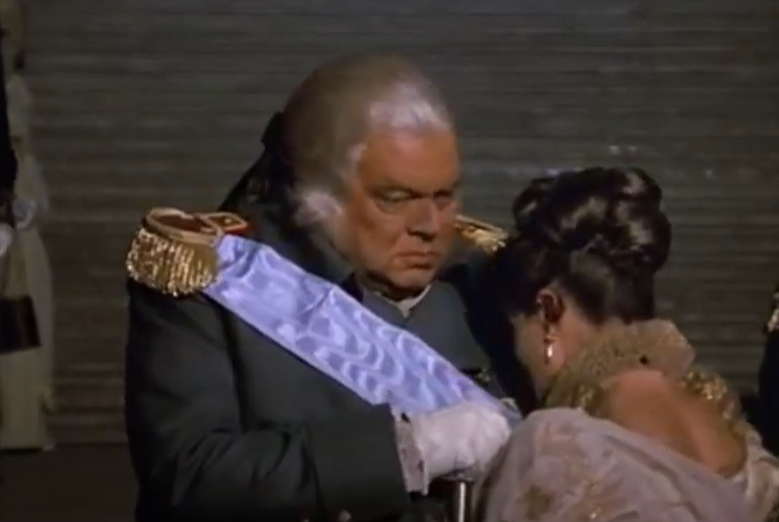 Dino de Laurentiis Cinematografica, Waterloo (1970)
Dino de Laurentiis Cinematografica, Waterloo (1970)
45. He Struggled With Liberal Opponents
In the 1820s, Louis and Charles were at odds with a growing liberal movement in Parliament. Their attempts to centralize power and limit reforms stirred the pot, leading to louder calls for constitutional change. The struggle between the royalists and reformists grew more intense, setting the stage for another political showdown in France.
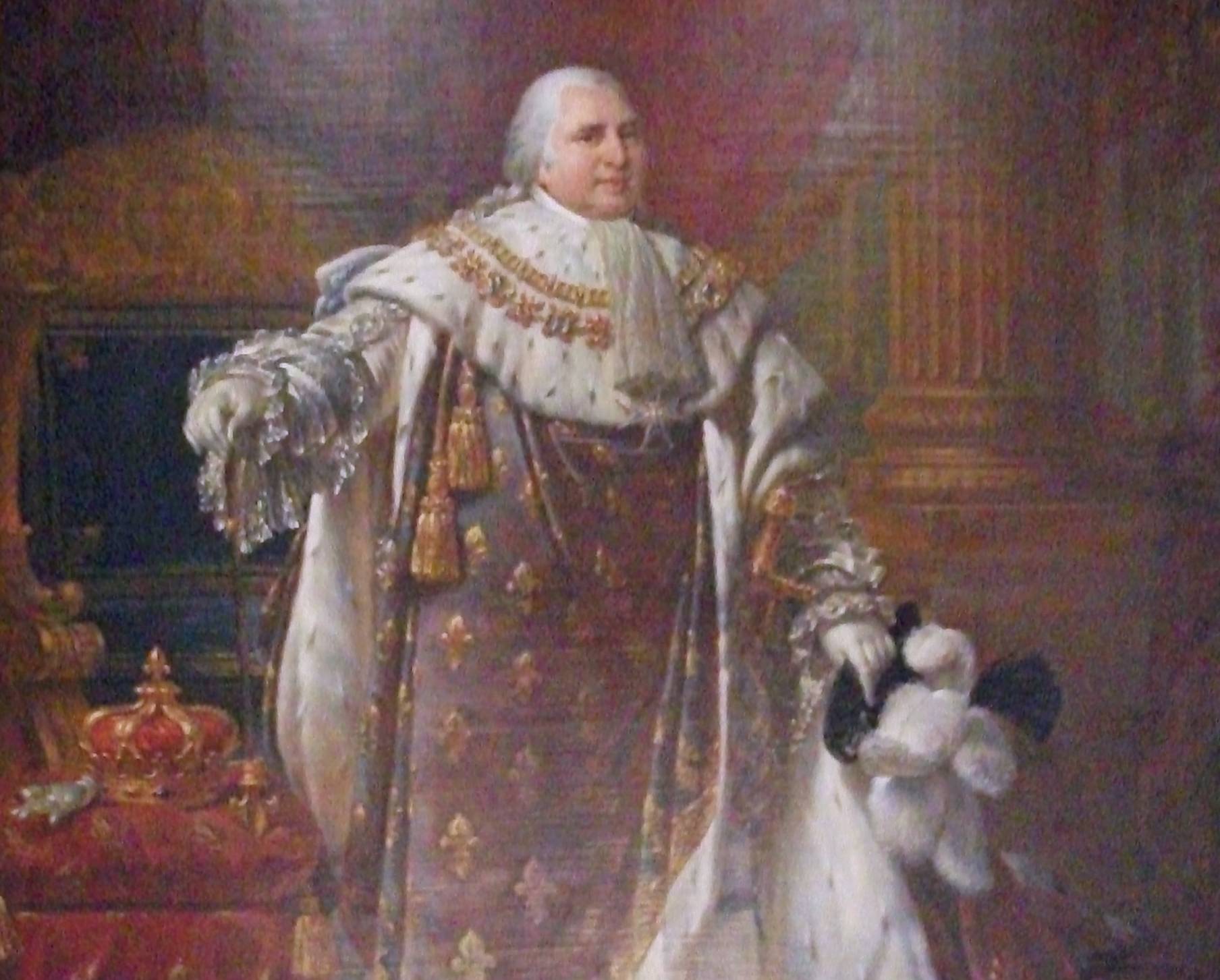 G.Garitan, CC BY-SA 4.0, Wikimedia Commons
G.Garitan, CC BY-SA 4.0, Wikimedia Commons
46. He Declining Health Politically Isolated Him
In his later years, Louis XVIII's health took a serious hit, with gout and other issues forcing him to stay primarily confined to the palace. As his mobility grew more limited, he spent much of his time bedridden. This physical decline affected his ability to govern effectively and fueled his growing political isolation. As his health deteriorated, so did his influence, leaving him increasingly out of touch with the key challenges of his reign.
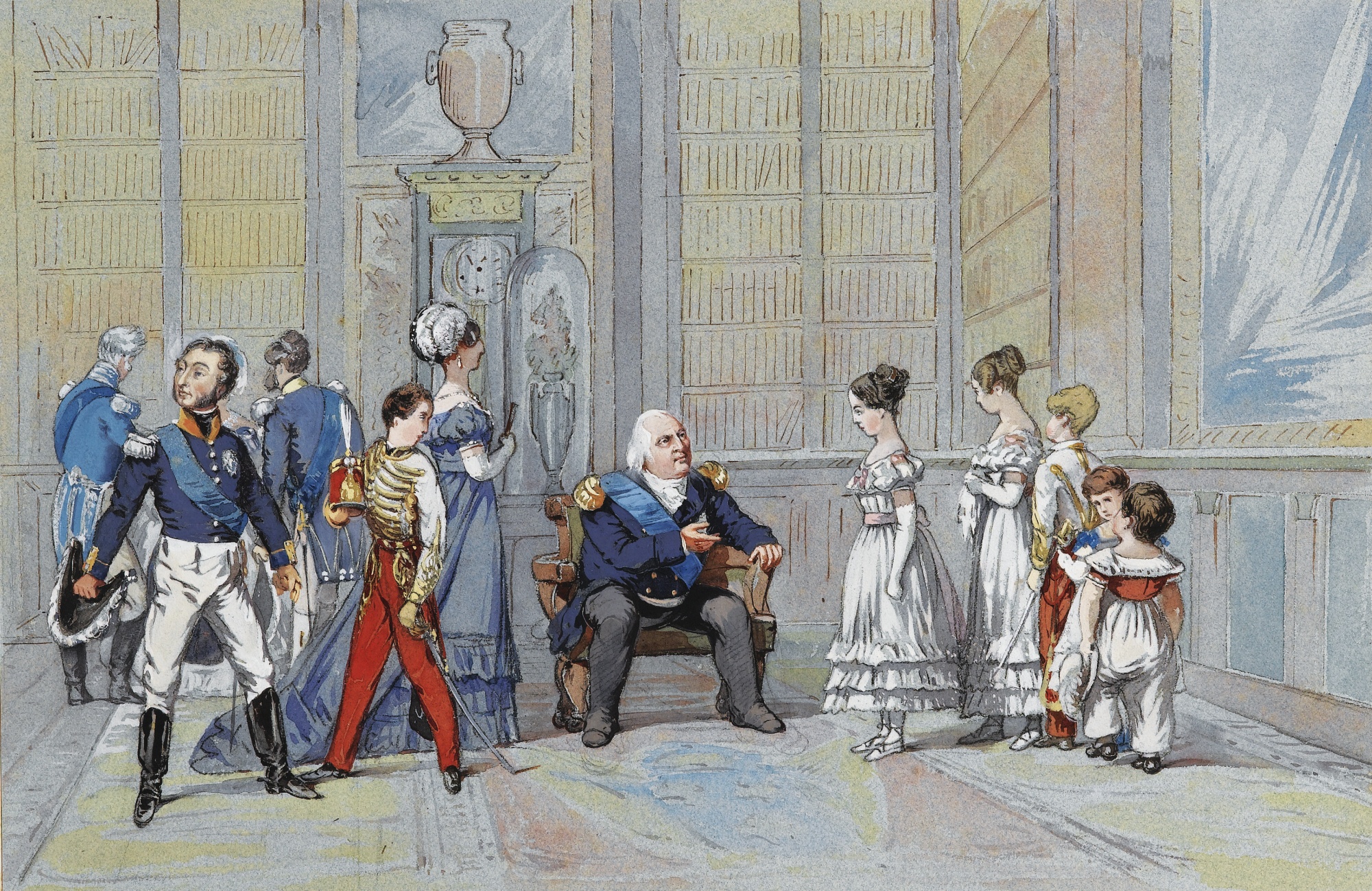 François d'Orléans, Wikimedia Commons
François d'Orléans, Wikimedia Commons
47. He Was Still Saddled With Political Tensions
Despite having a substantial right-wing, royalist majority in the legislature, Louis found it increasingly difficult to manage the tensions between royalists and liberals. His inability to bridge this divide weakened his authority, leaving him unable to unite the country. This struggle for control within his government eroded his power and set the stage for others to step in.
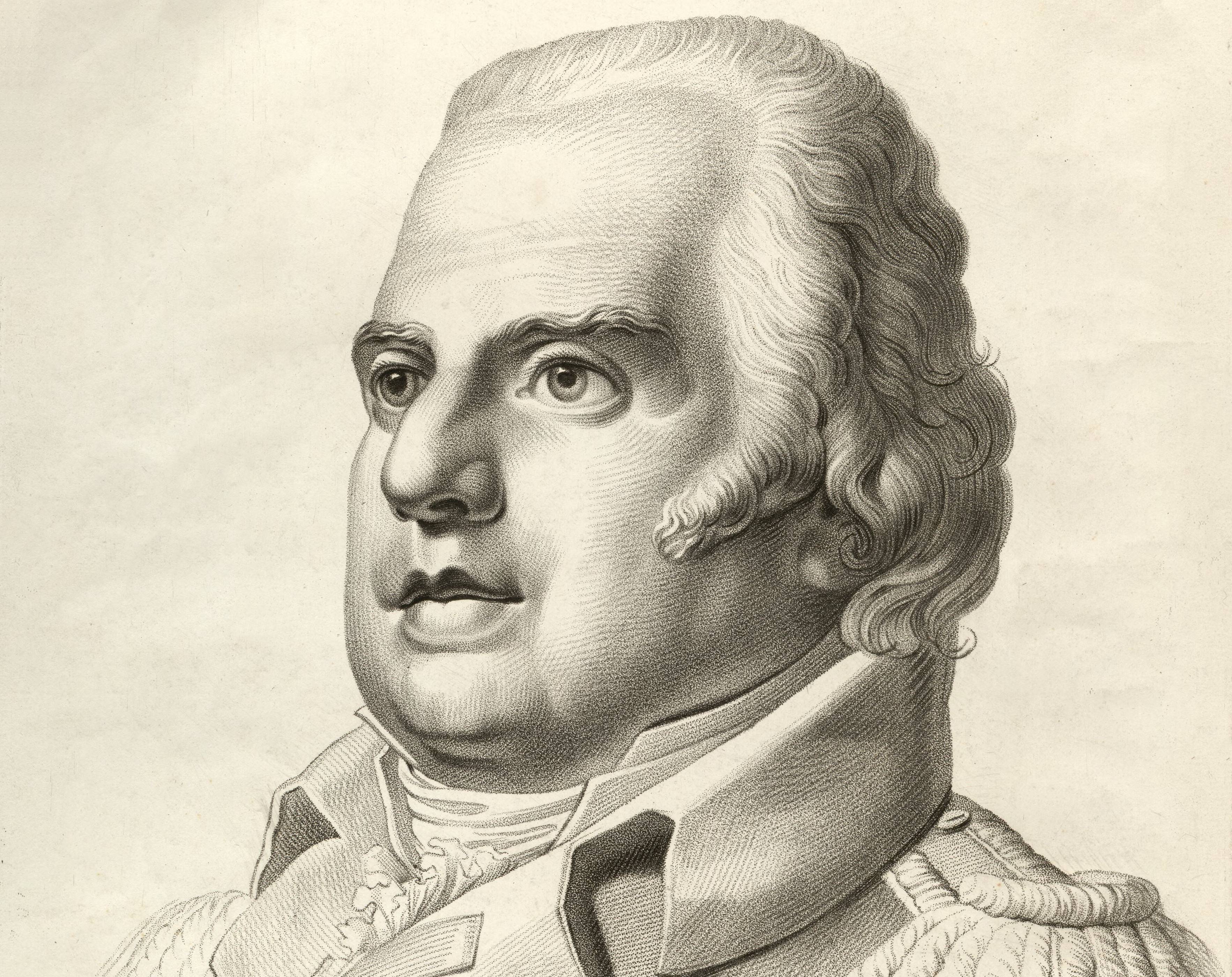 Bibliothèque nationale de France, Wikimedia Commons
Bibliothèque nationale de France, Wikimedia Commons
48. His Little Brother’s Influence Kept Growing
As Louis XVIII’s authority waned, Charles began to take advantage of the situation, slowly gaining more control. By 1820, ultra-royalists were on the rise, and their growing influence helped pave the way for Charles' more reactionary policies. They also blocked many of Louis' efforts to heal the lingering wounds of the Revolution, sealing his fate as a ruler whose reign would leave behind more divisions than solutions.
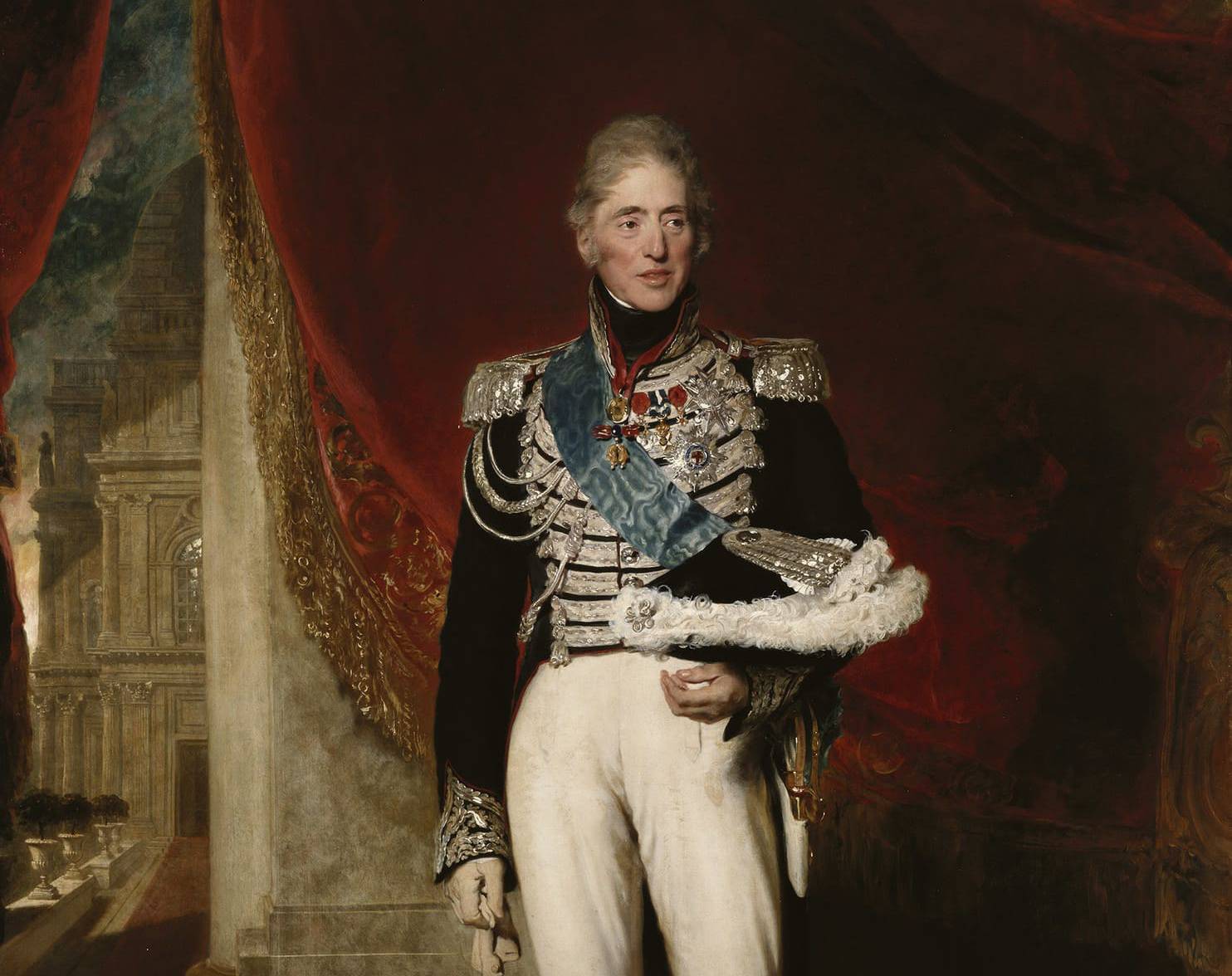 Thomas Lawrence, Wikimedia Commons
Thomas Lawrence, Wikimedia Commons
49. He Came To The End
When Louis XVIII passed away in 1824, it marked the end of a crucial chapter in the Bourbon Restoration. His death opened the door for his brother, Charles X, to take the throne. However, the transition only deepened political rifts—Charles' conservative policies sparked fresh unrest across France. With Louis gone, his efforts to stabilize the nation were complete, but the challenges for France were far from over.
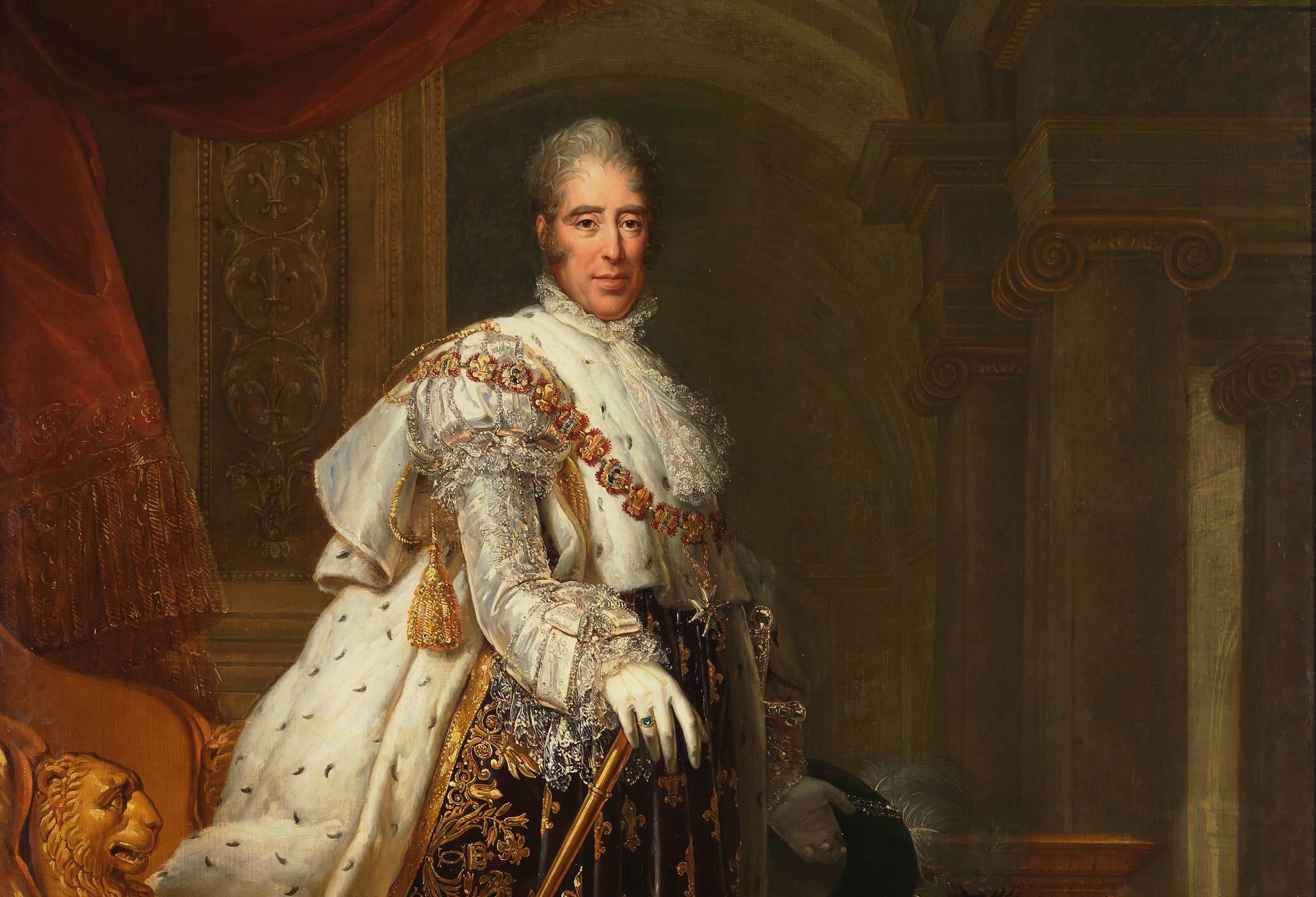 François Gérard, Wikimedia Commons
François Gérard, Wikimedia Commons
50. His Enduring Legacy Met Mixed Reviews
Louis XVIII's legacy is mixed. On the plus side, he's credited with stabilizing France after Napoleon's fall and establishing a constitutional monarchy with the Charter of 1814. However, his inability to bridge the gap between royalists and revolutionaries and his declining health limited his impact. His reign ultimately became defined by political divisions, shaping France's future.
You May Also Like:
Charles X Of France, The Enemy Of The People

